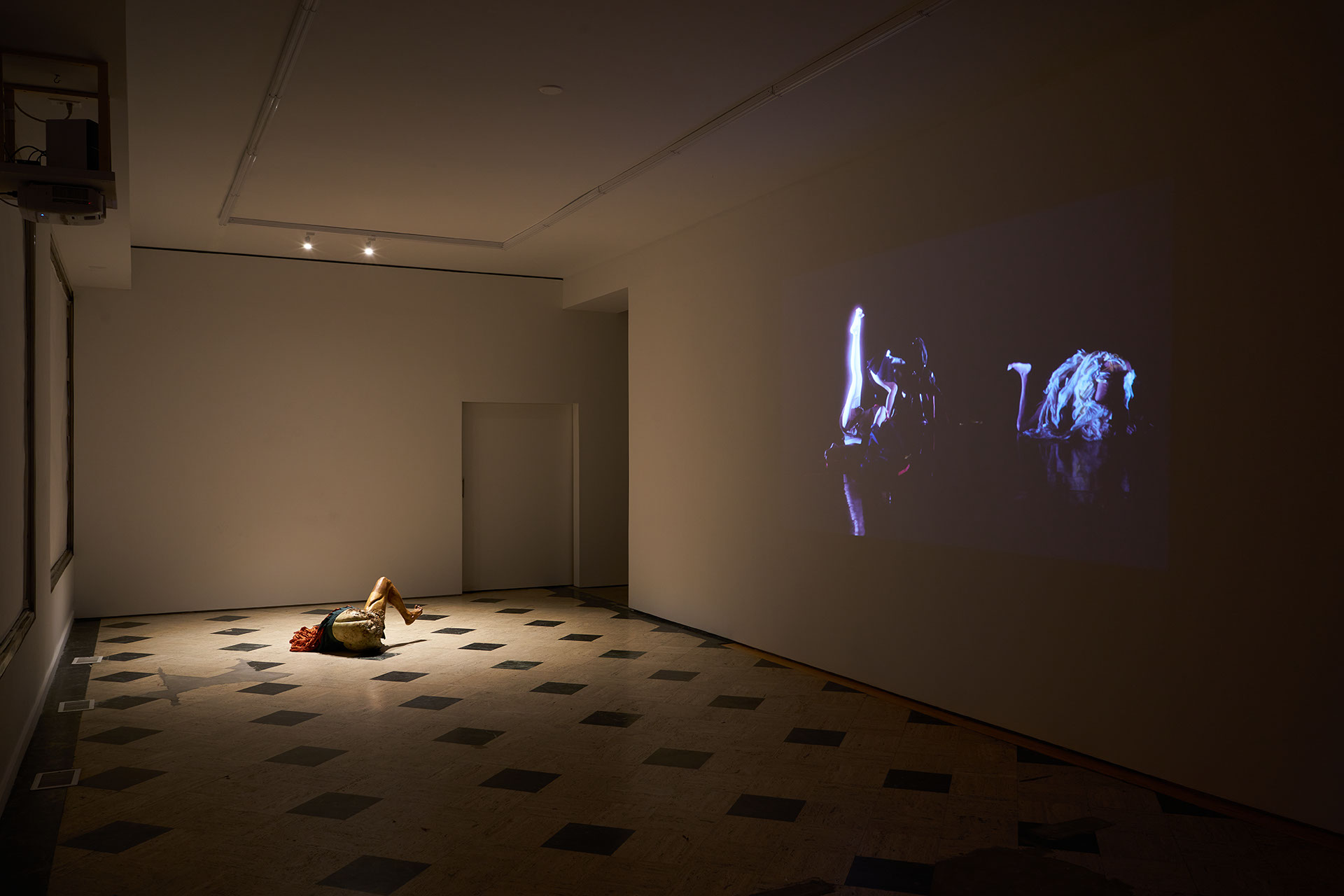
THREE BETRAYALS
Catalina Ouyang
1.15 — 3.4

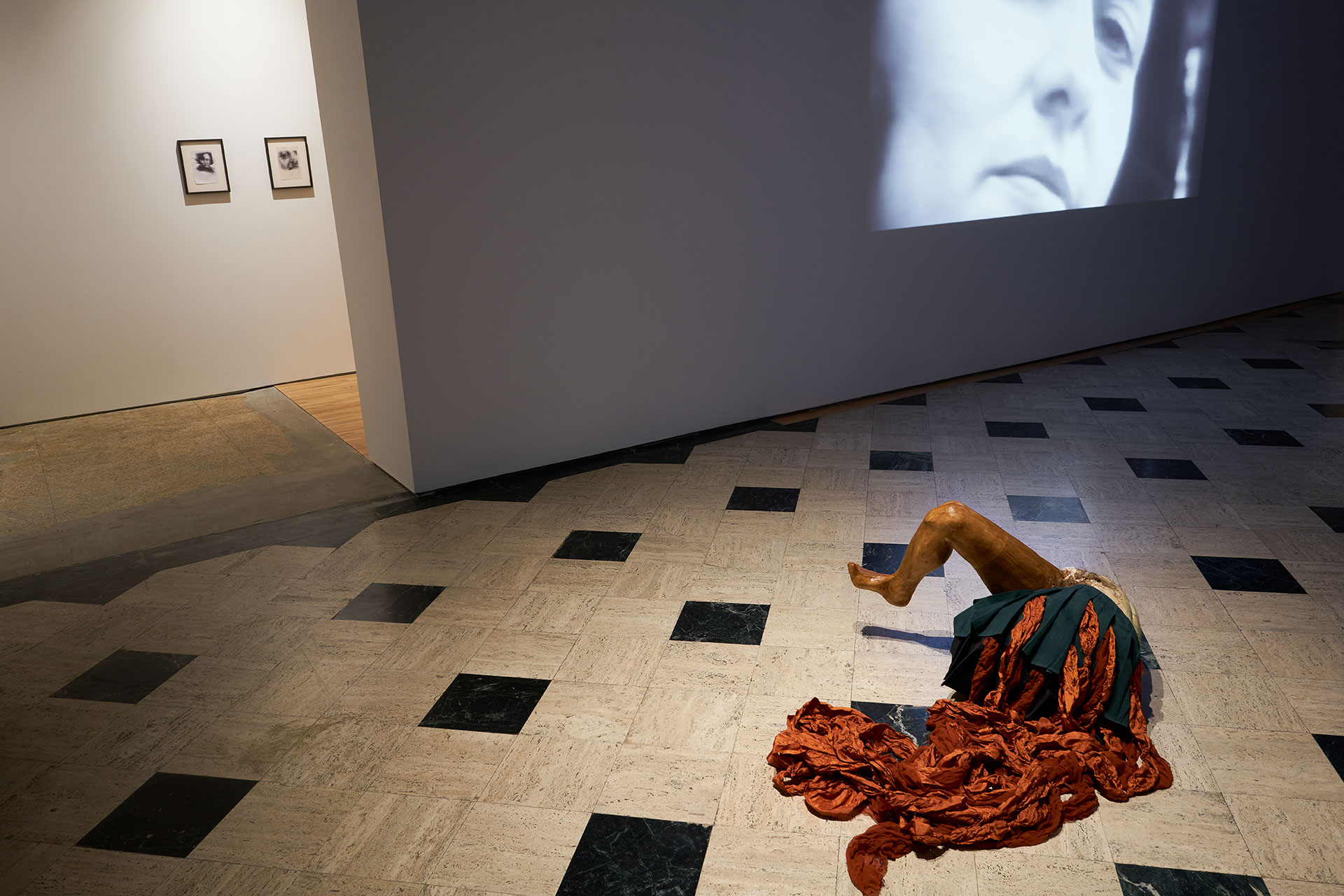
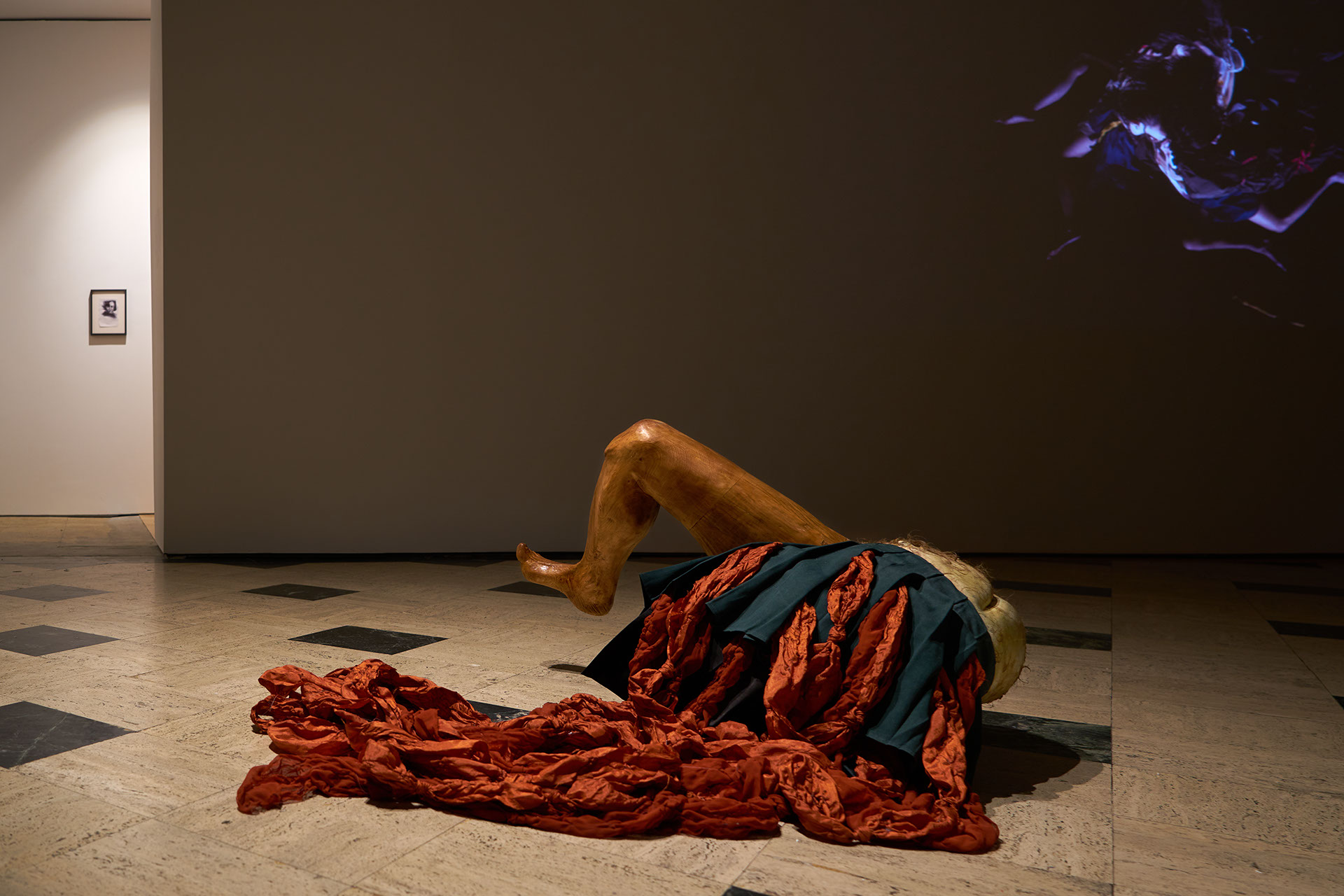
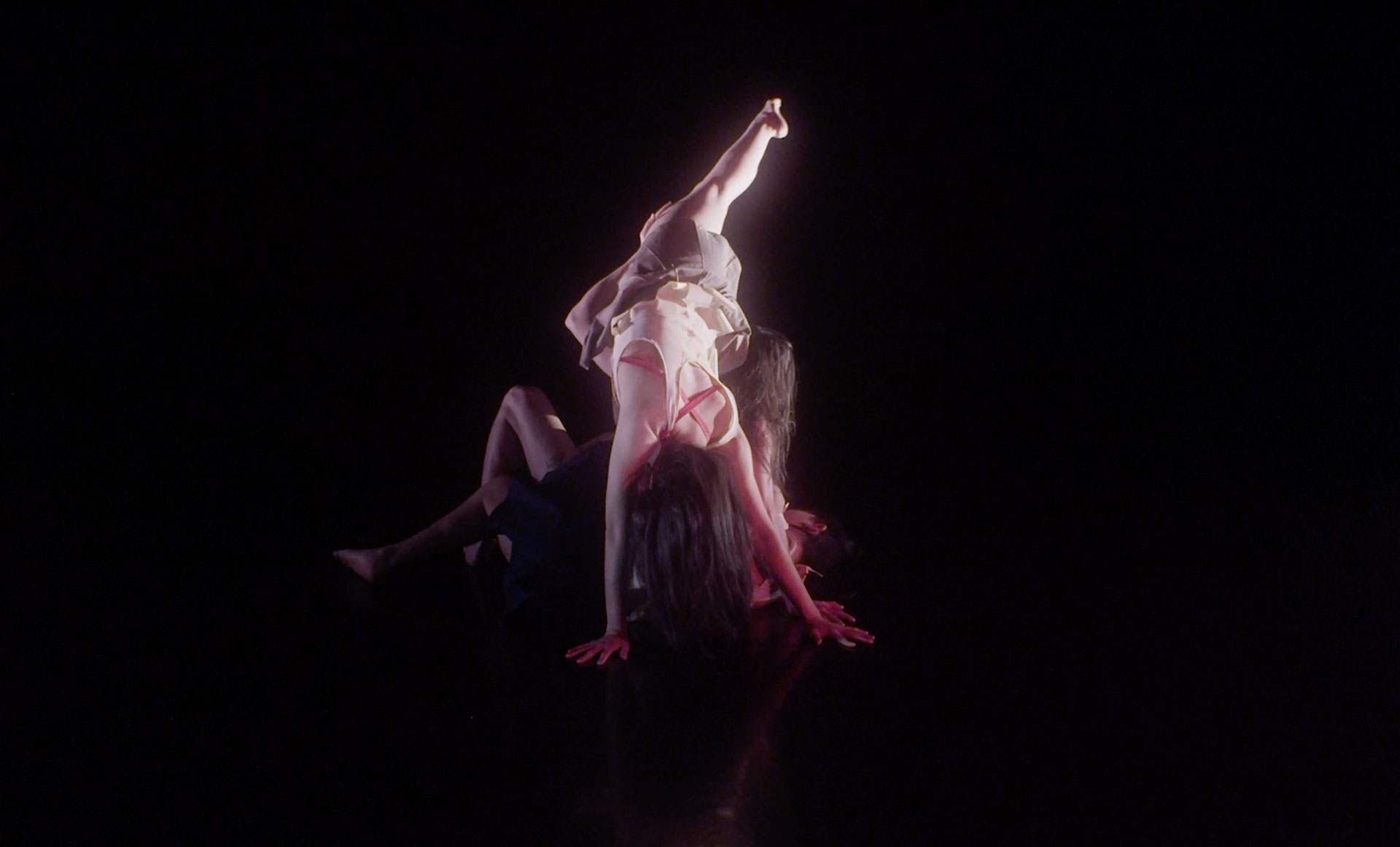
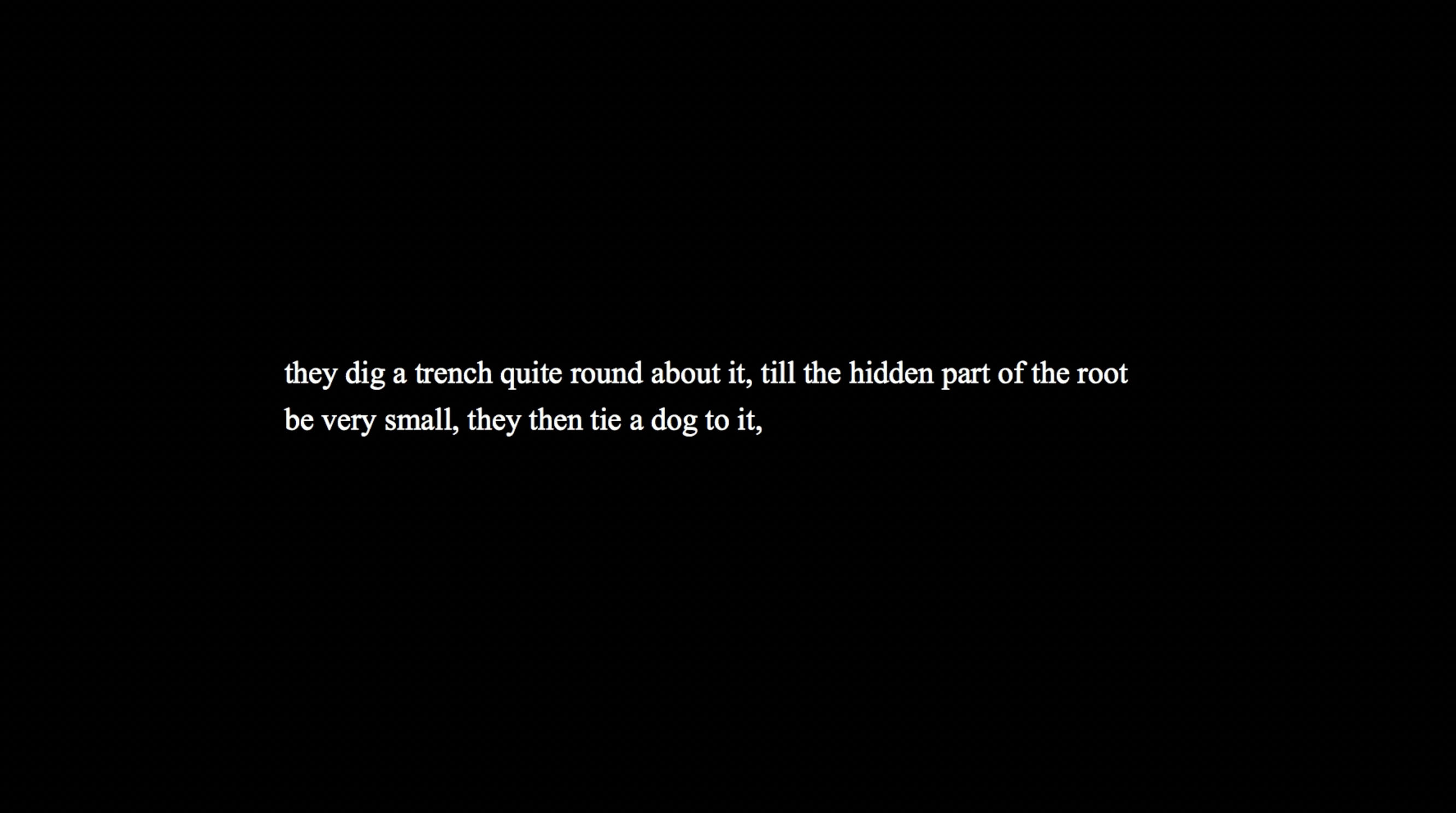
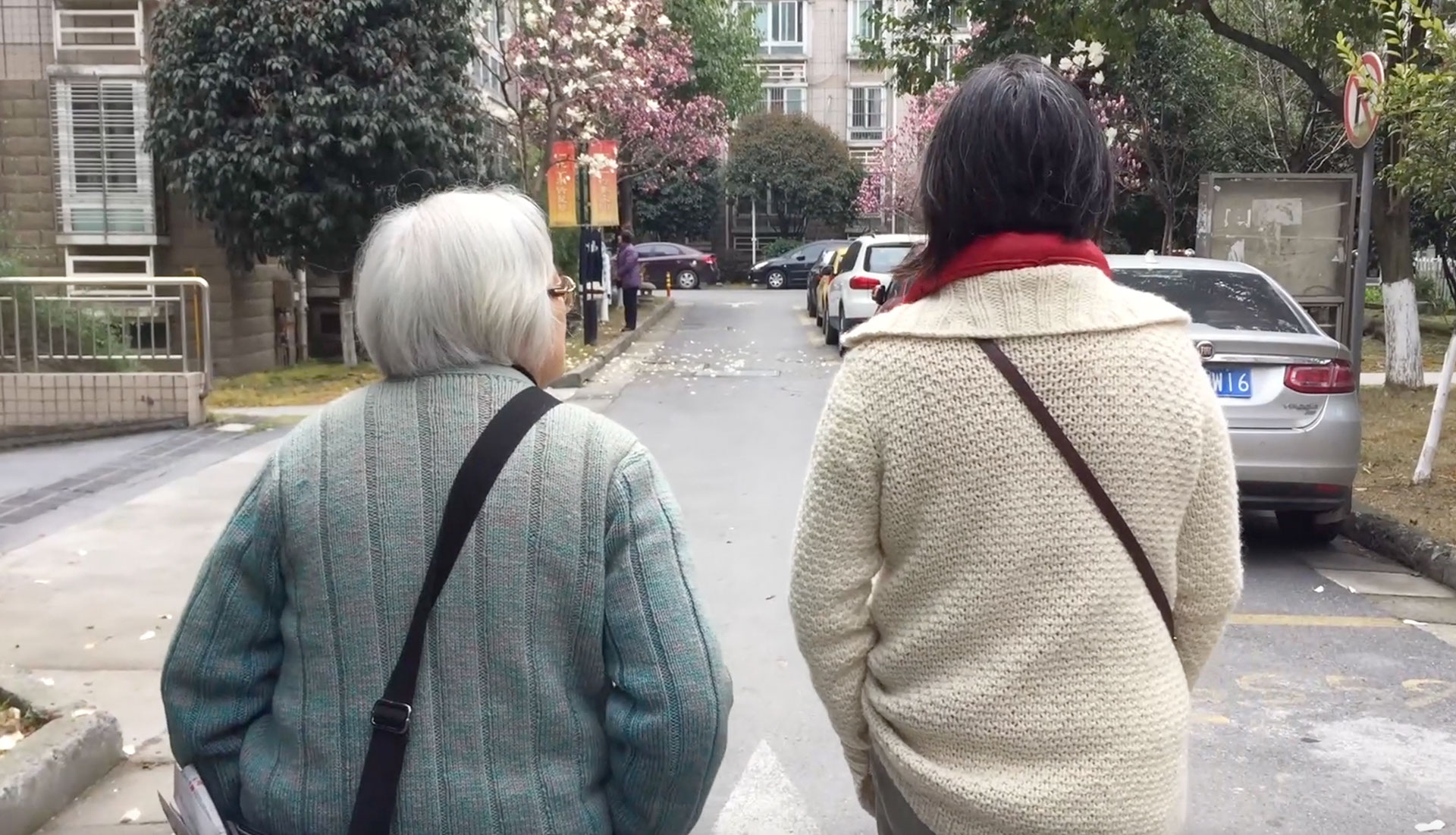
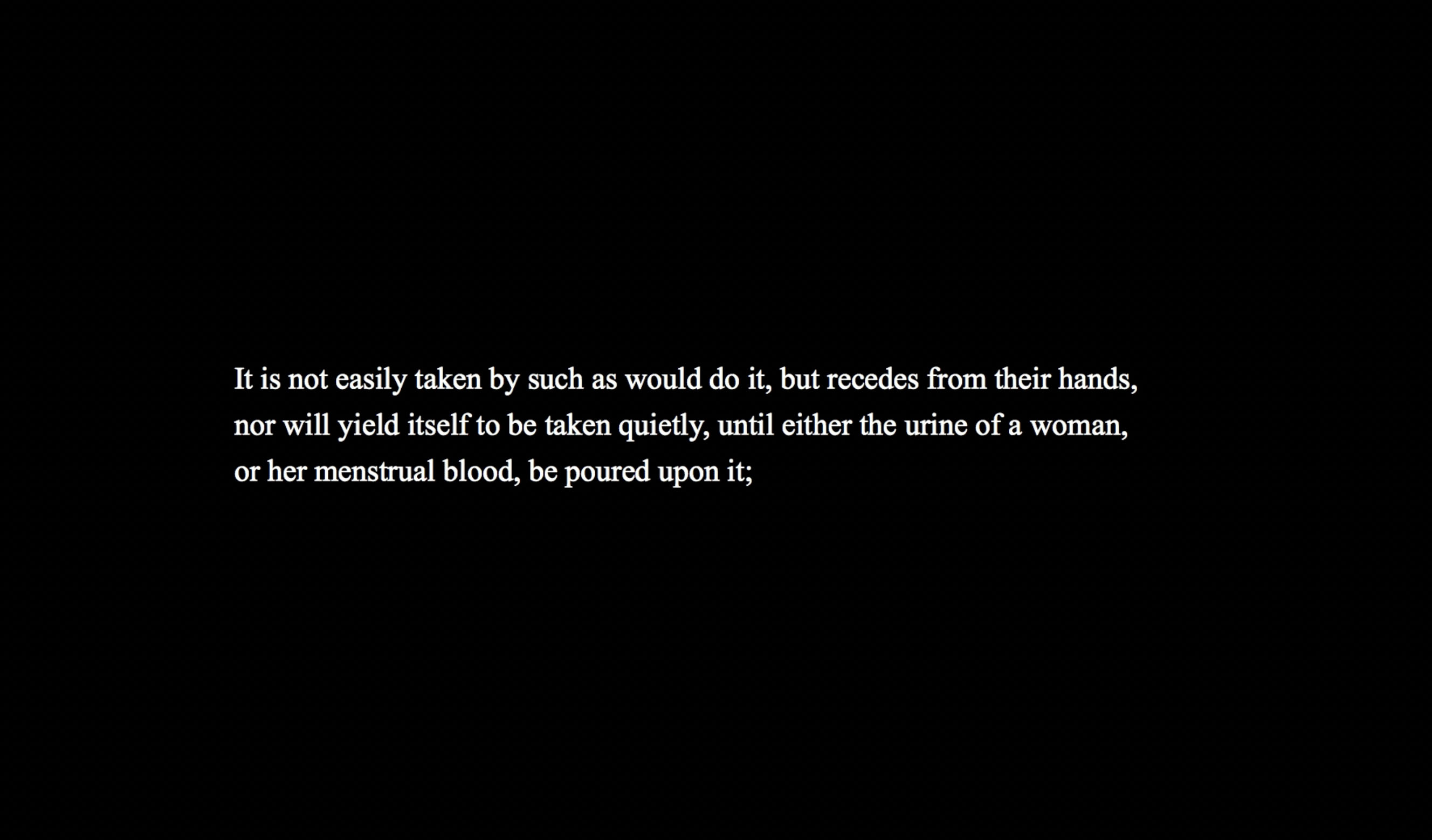
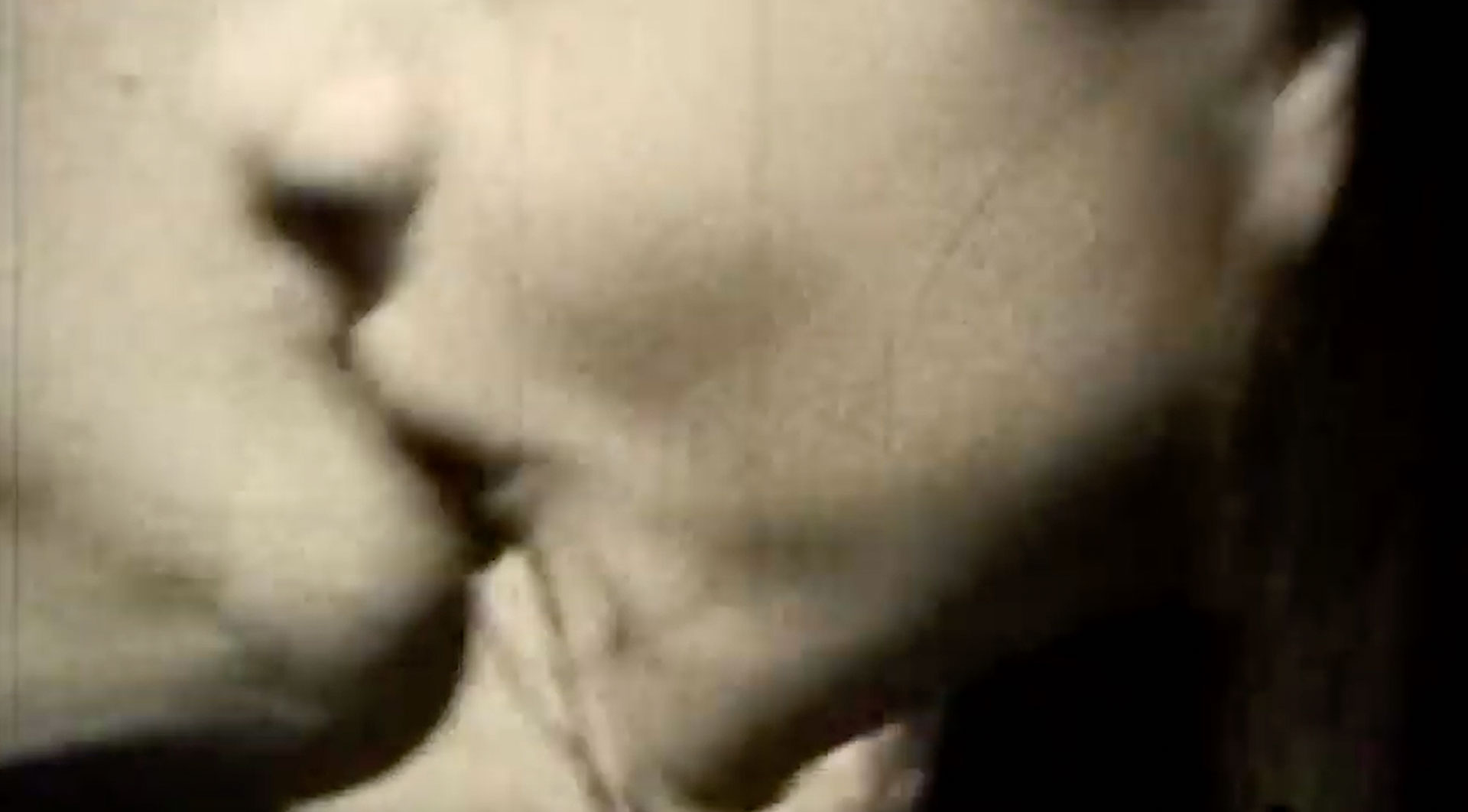
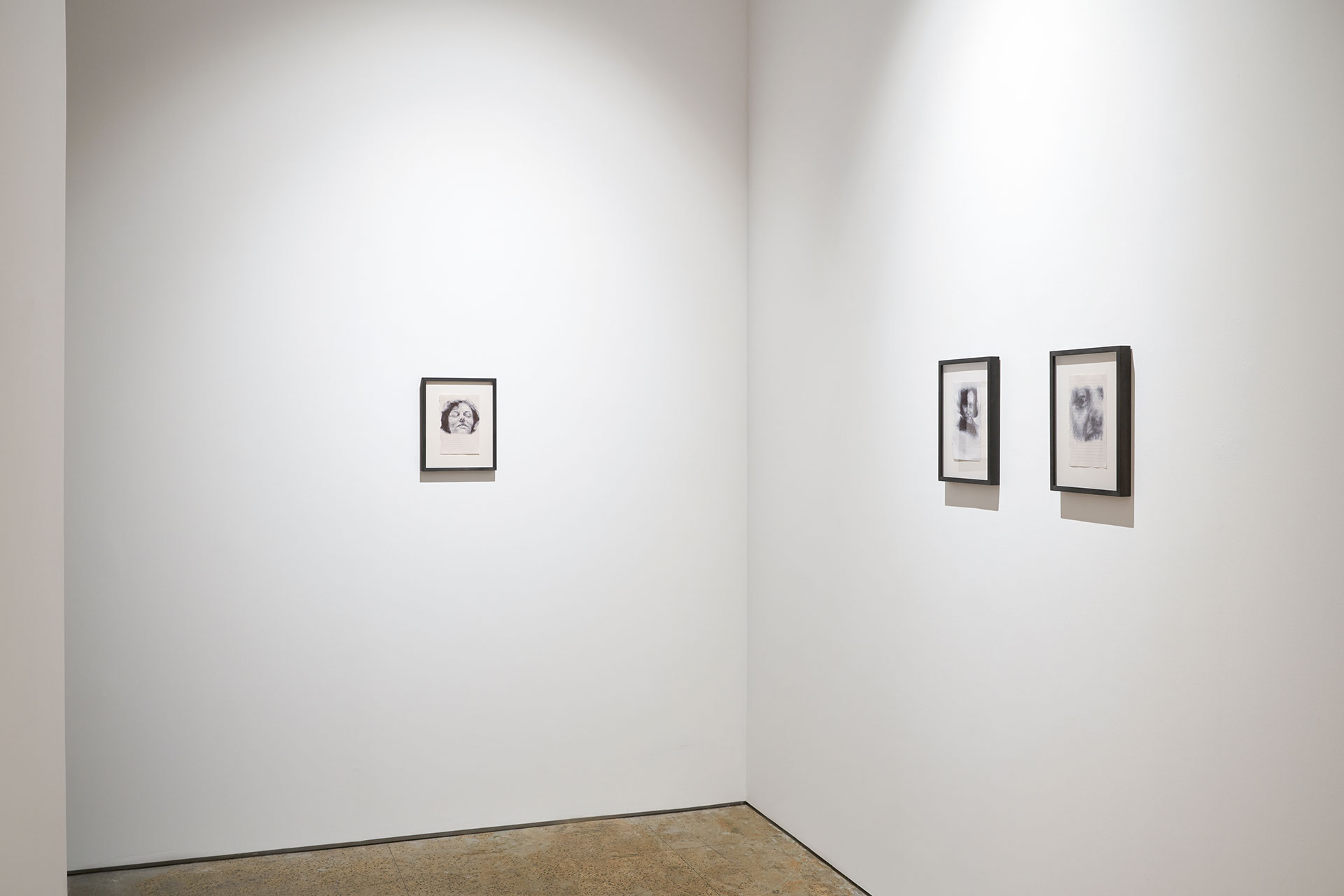
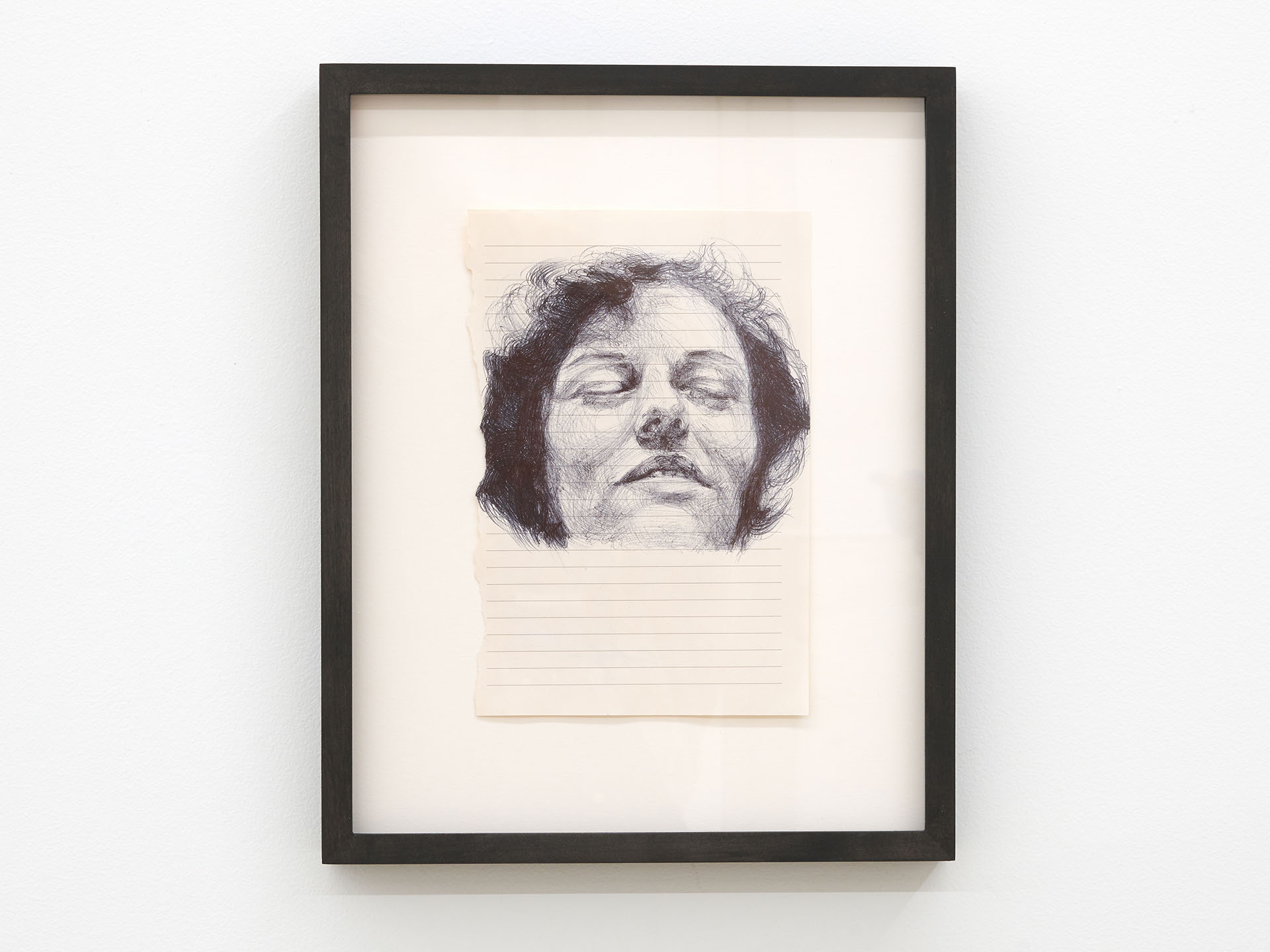
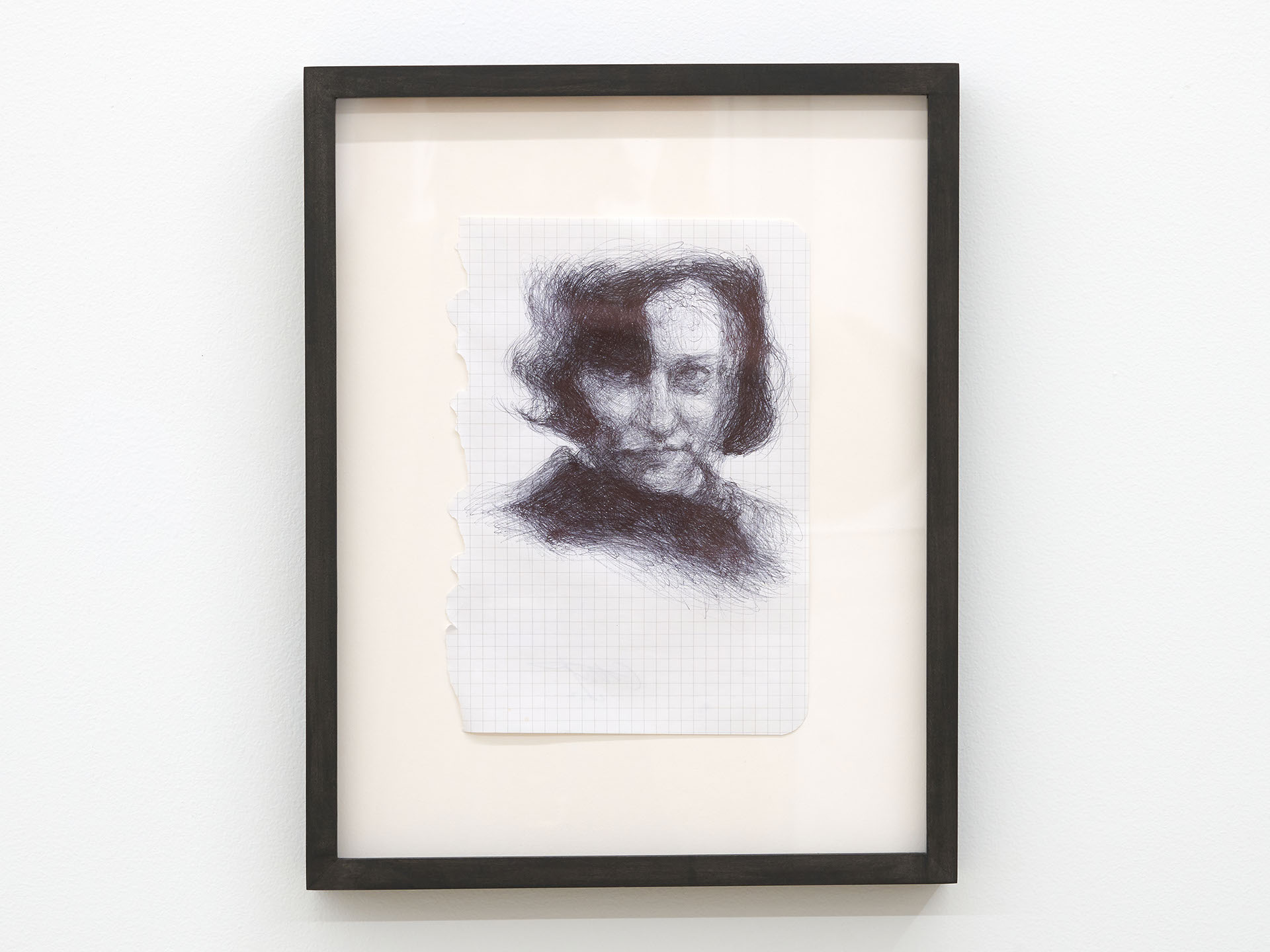
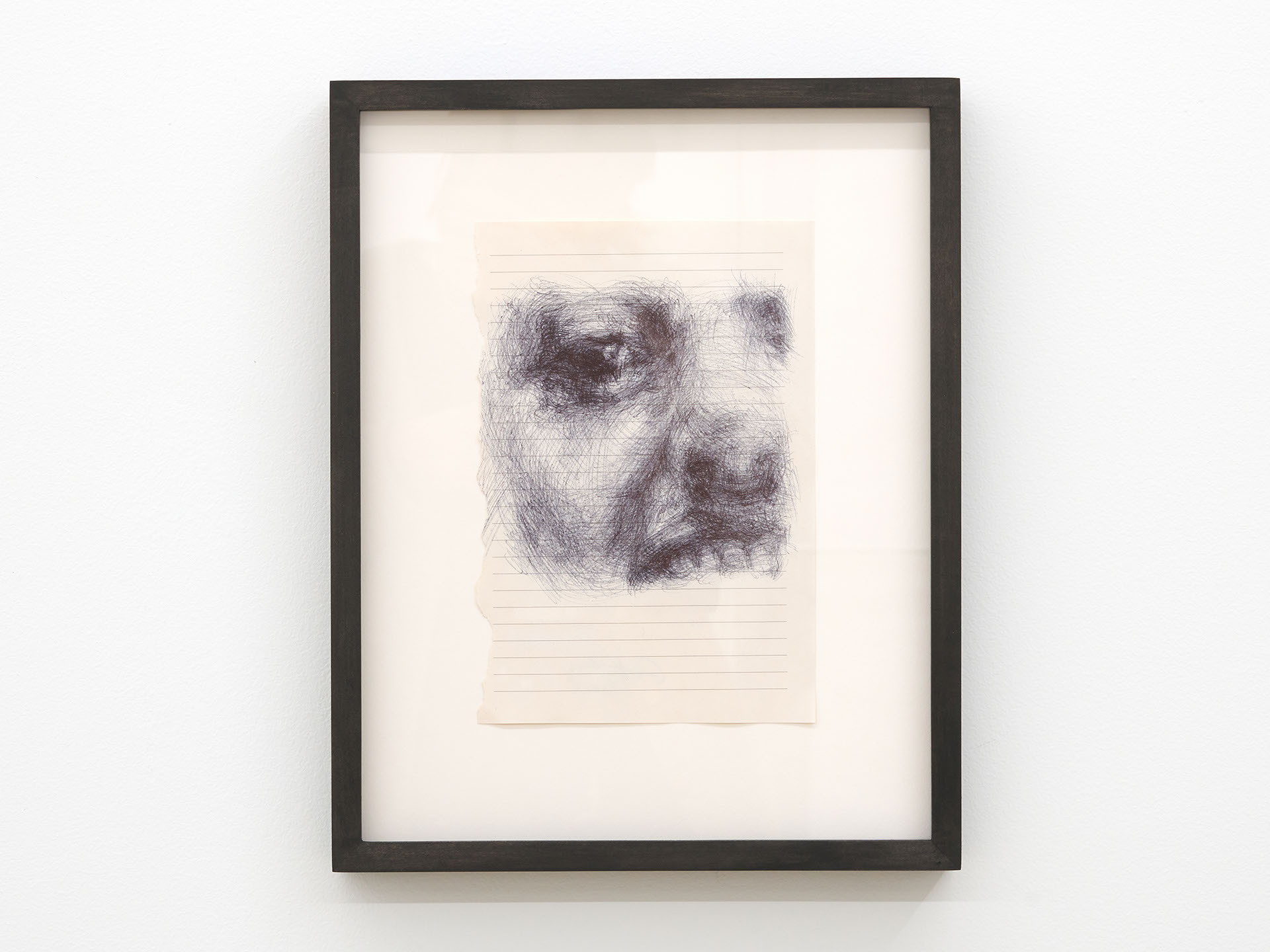
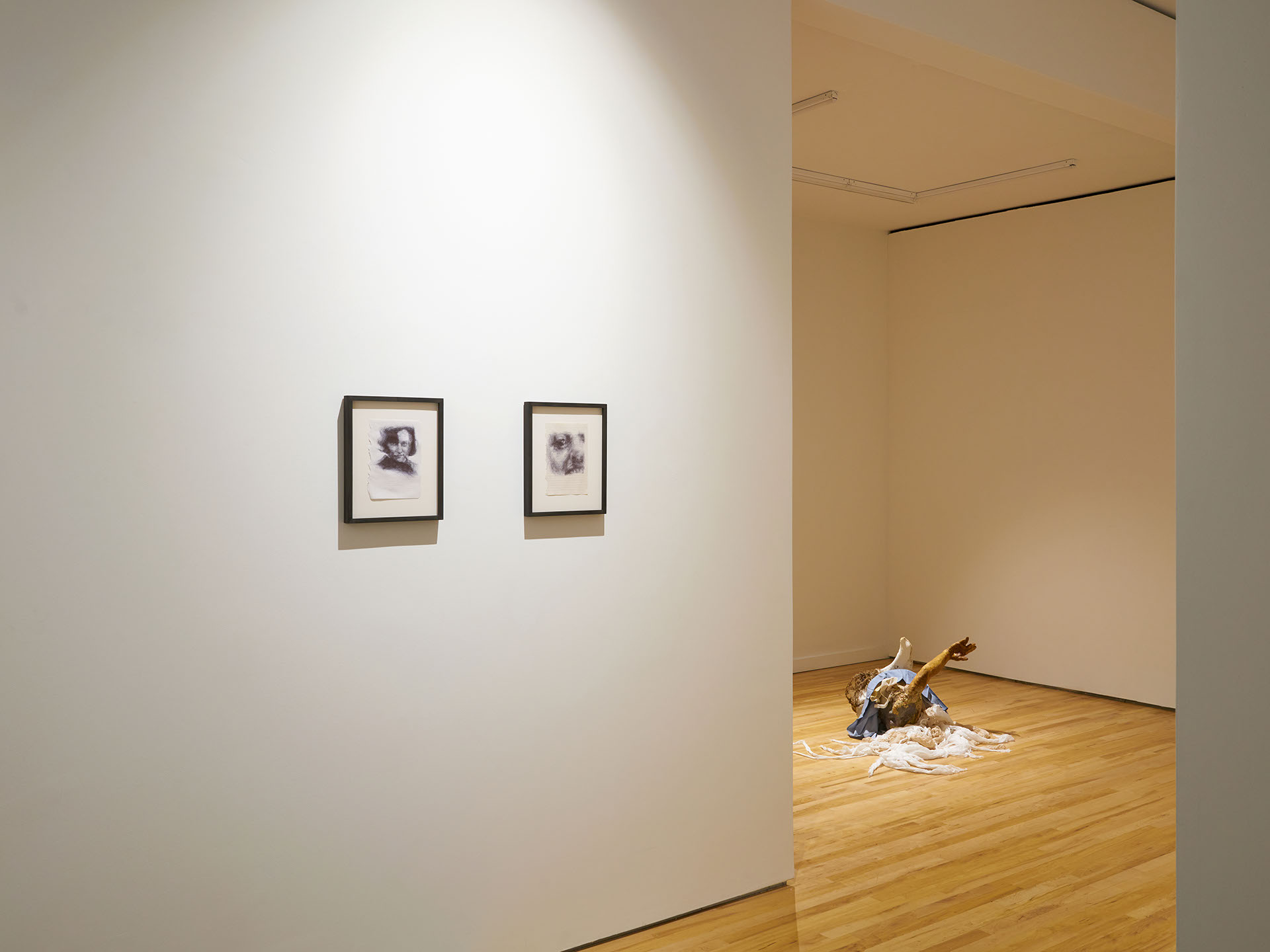
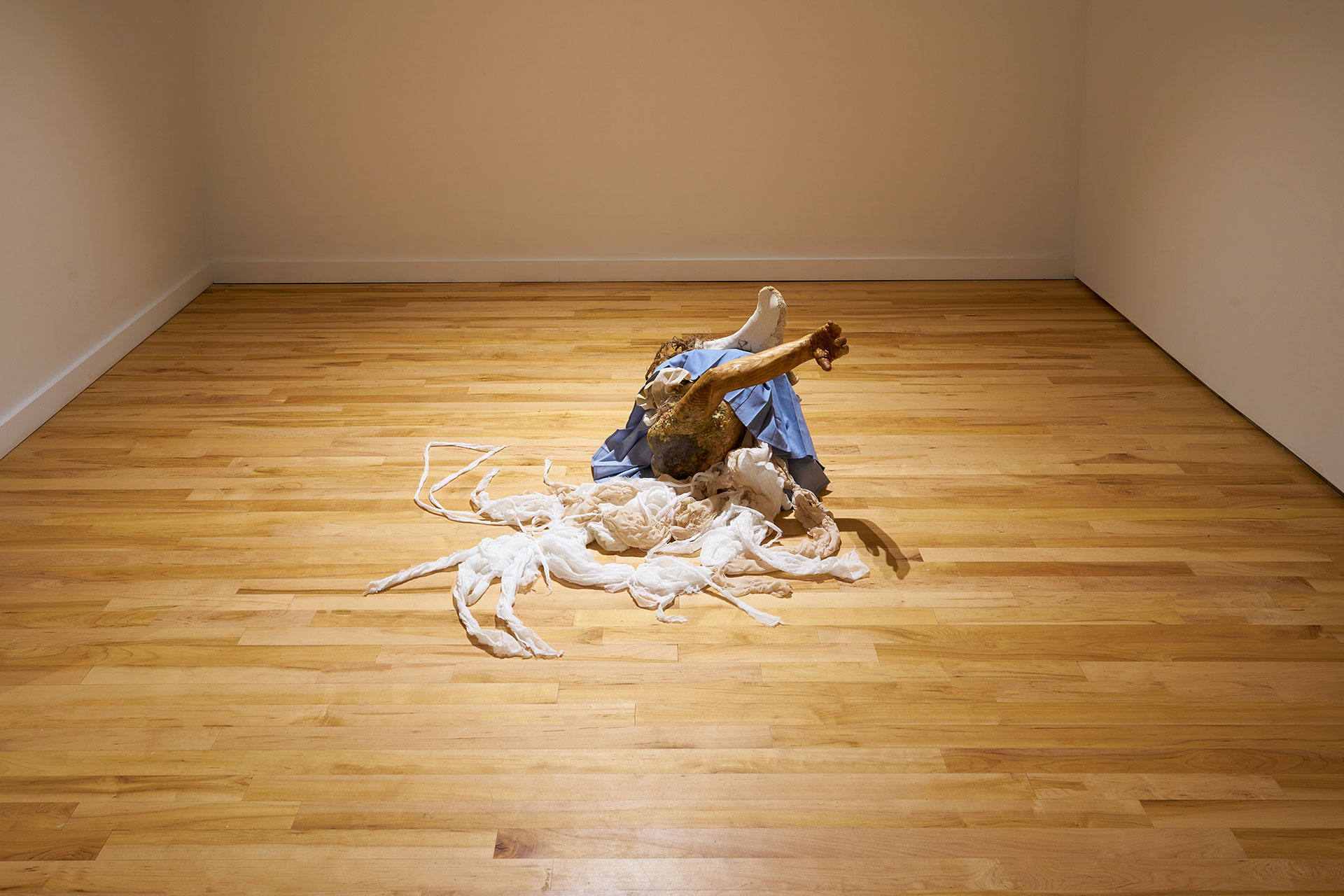
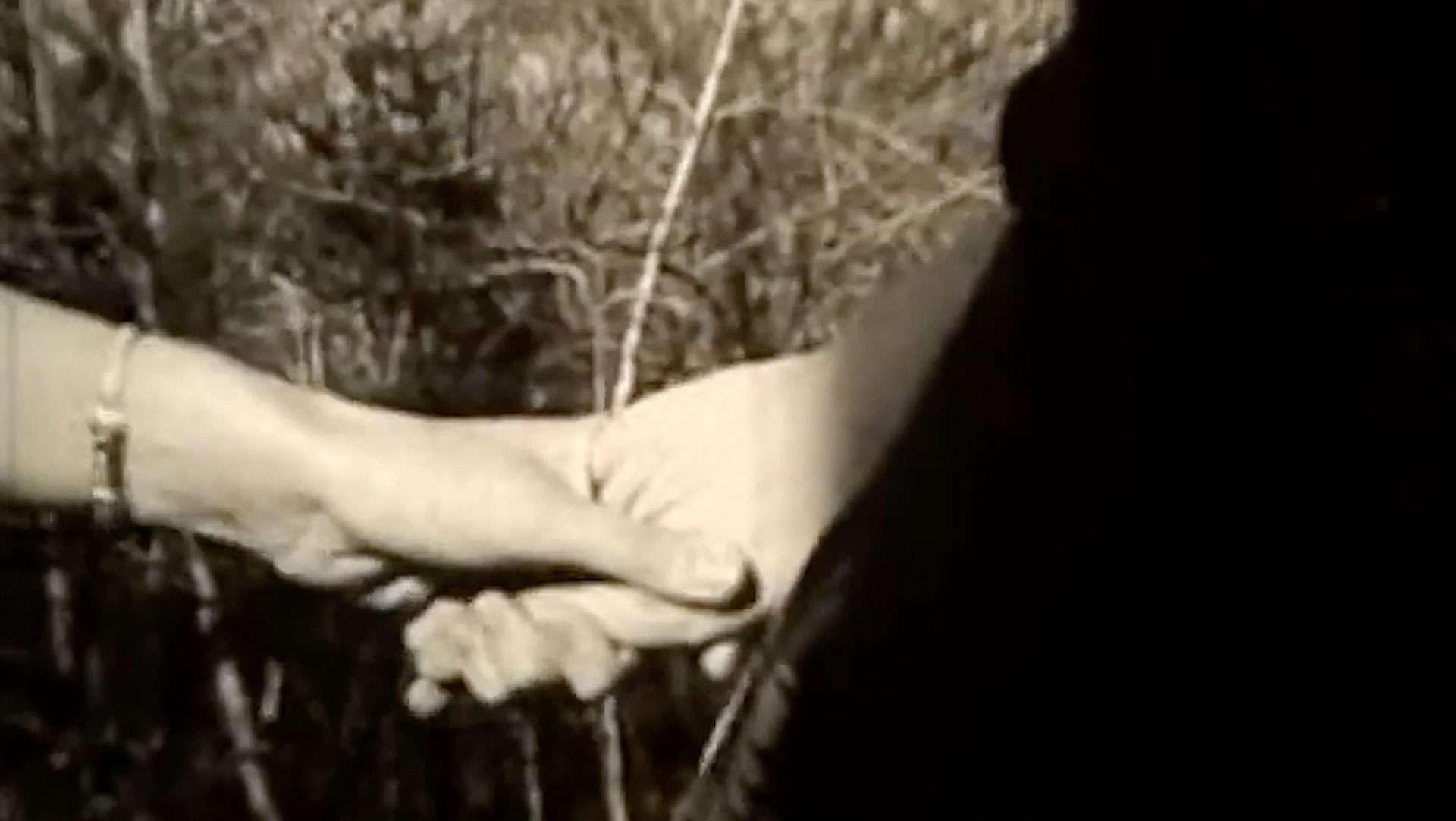
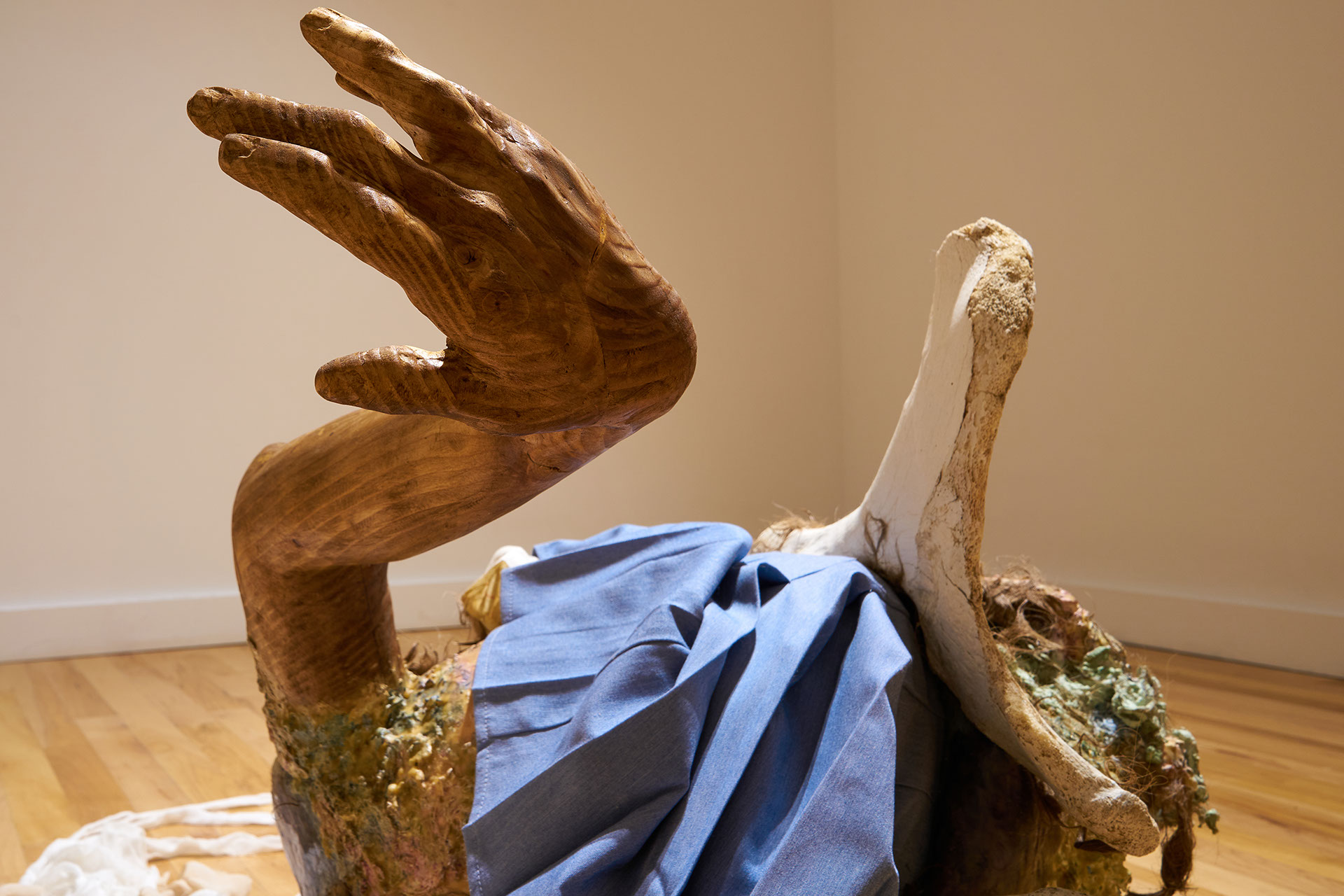
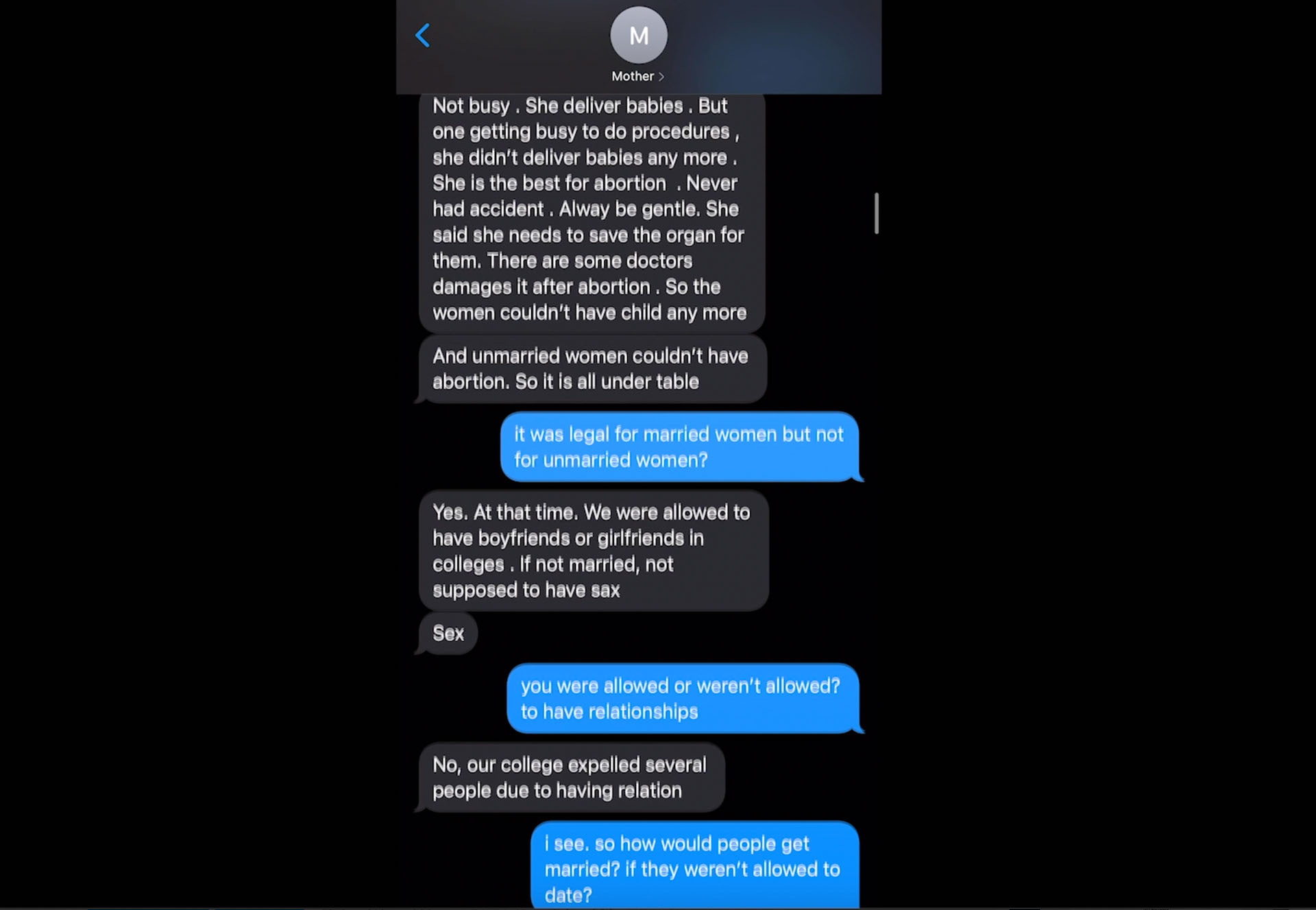
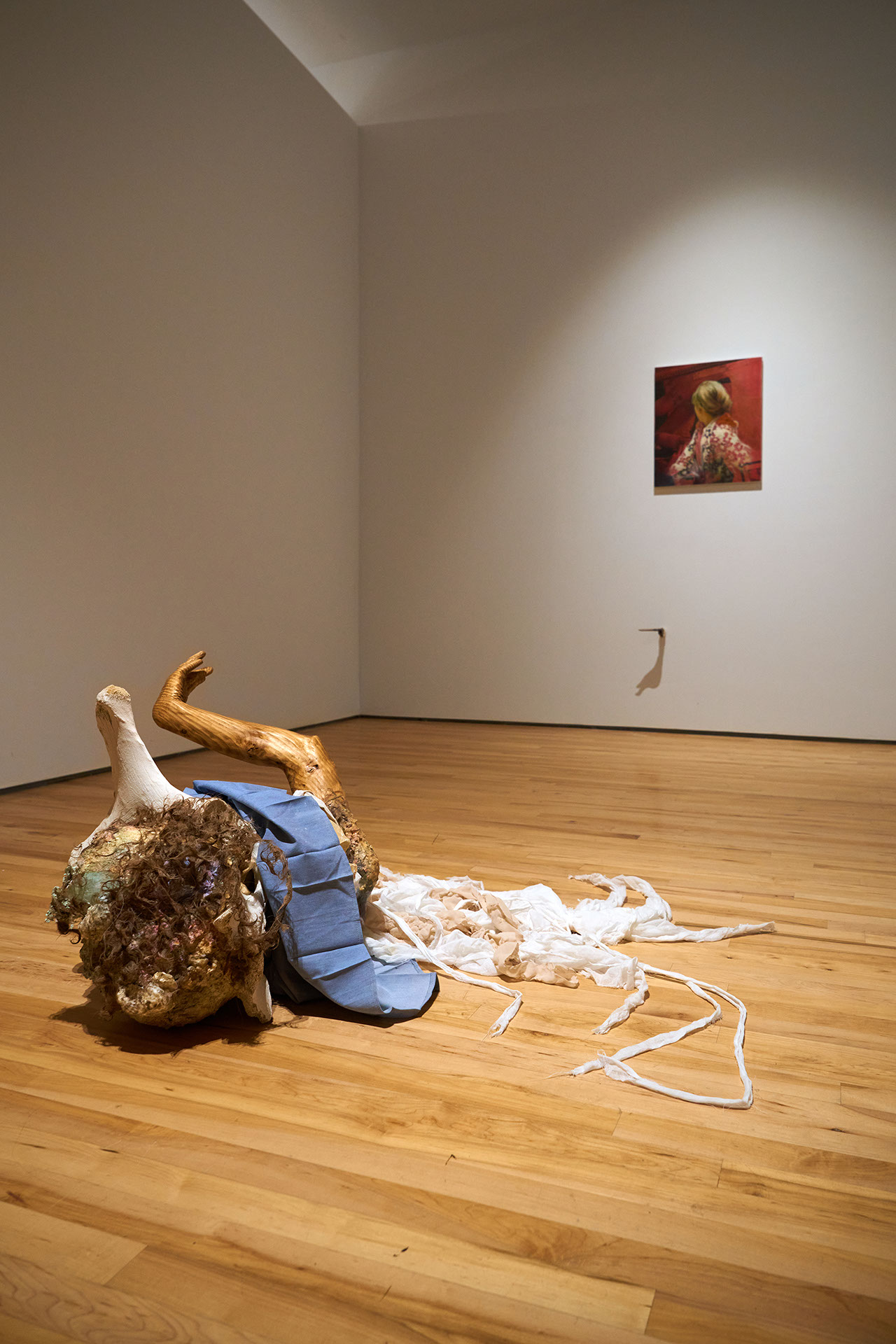
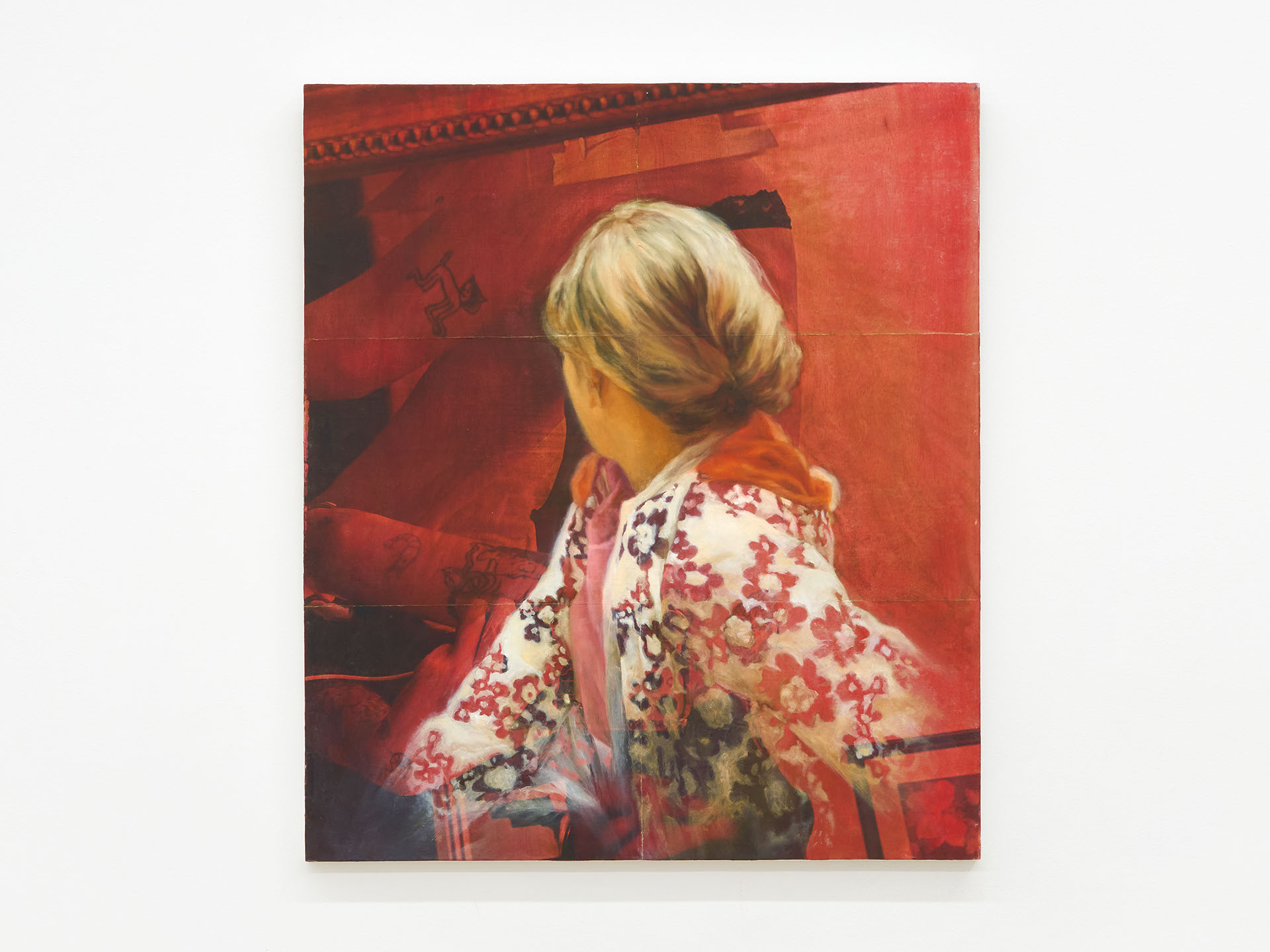
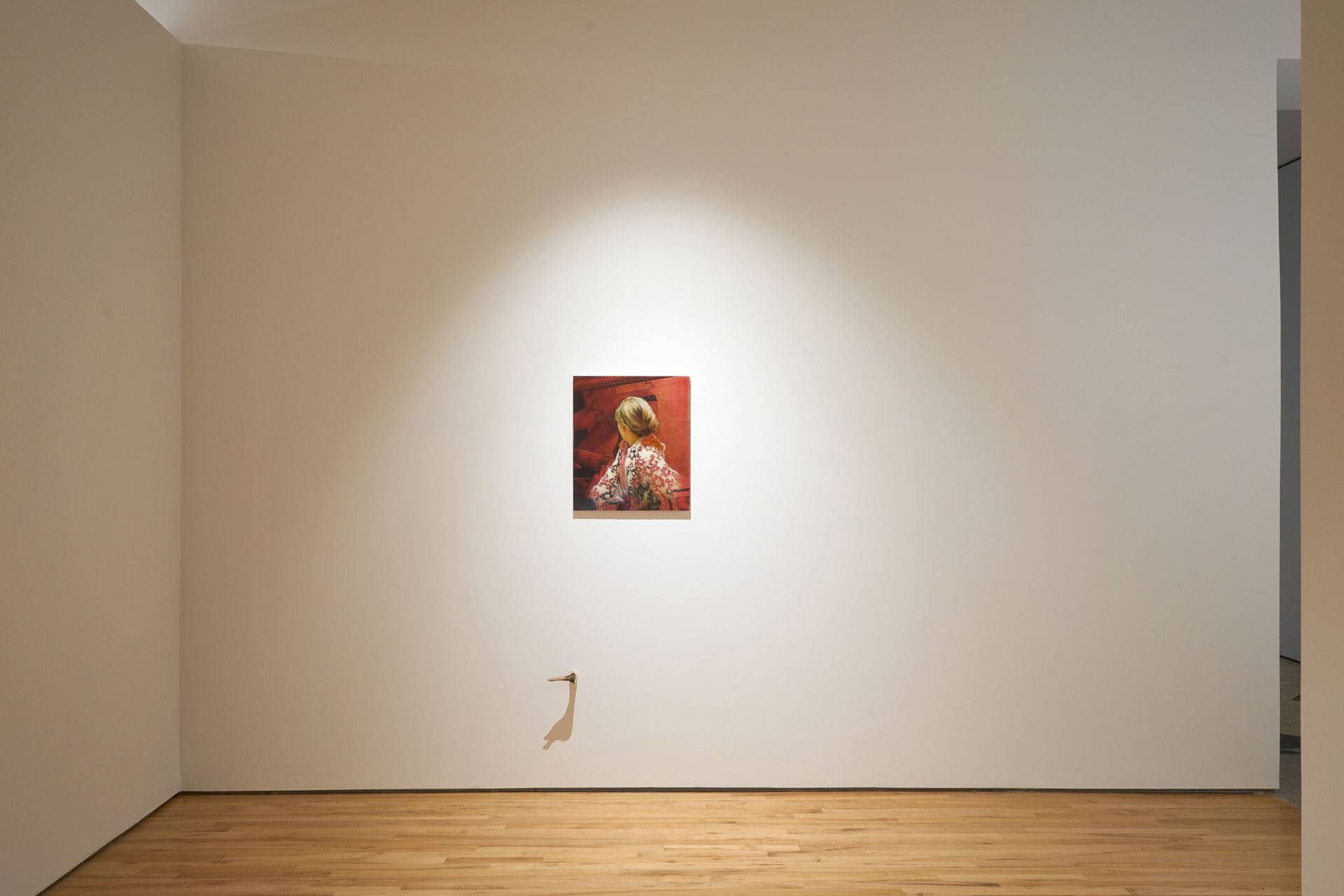
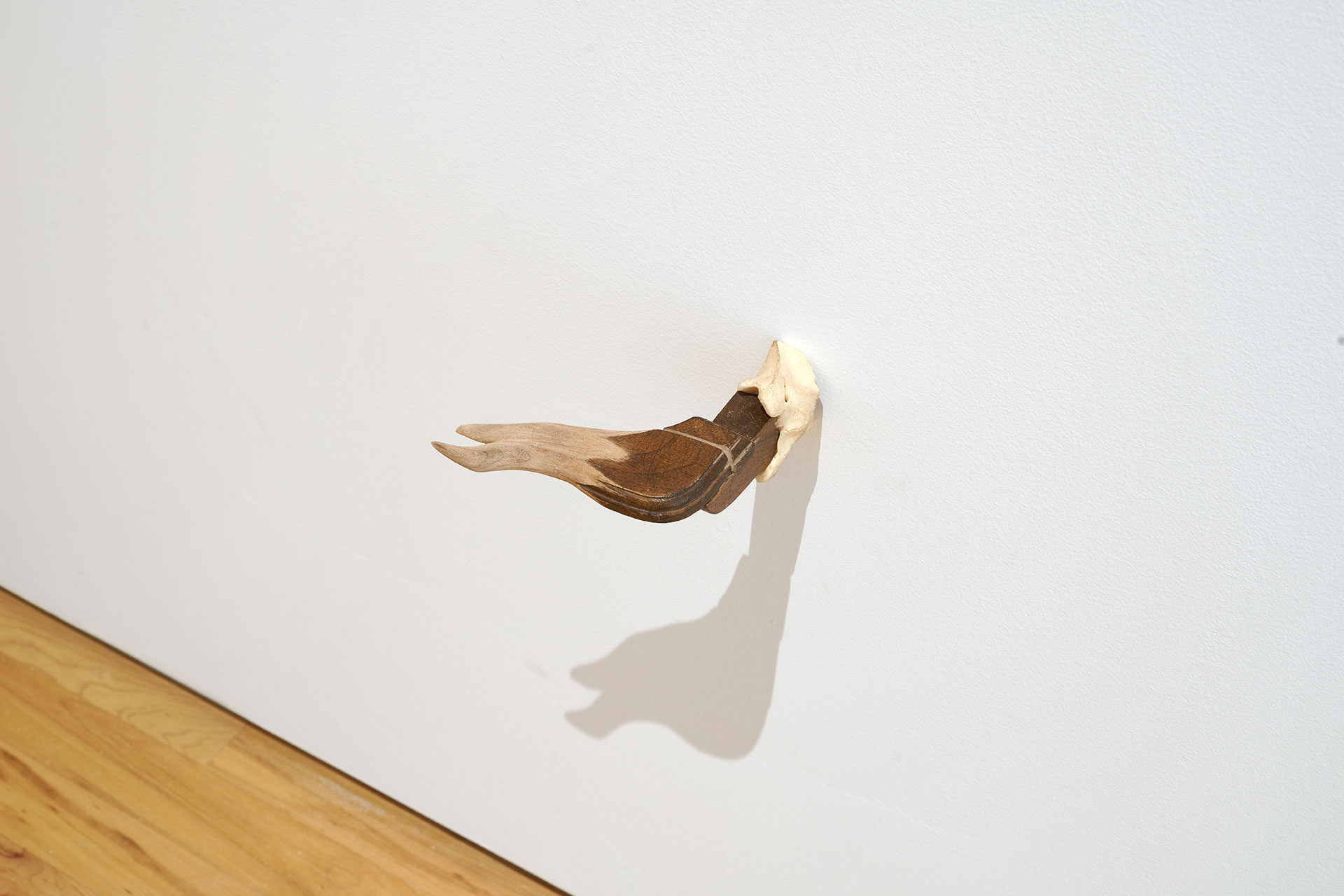
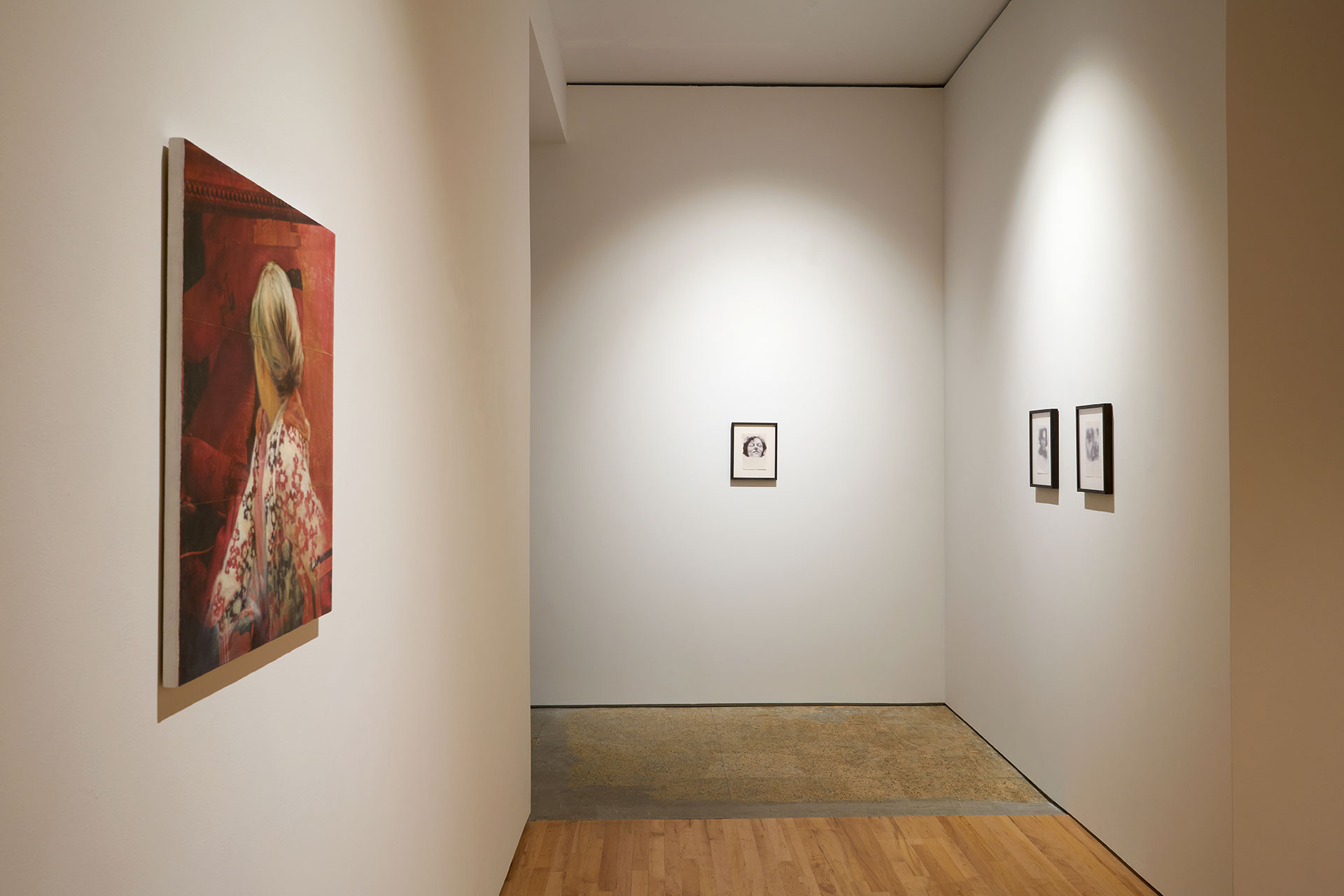
Individual Work Details
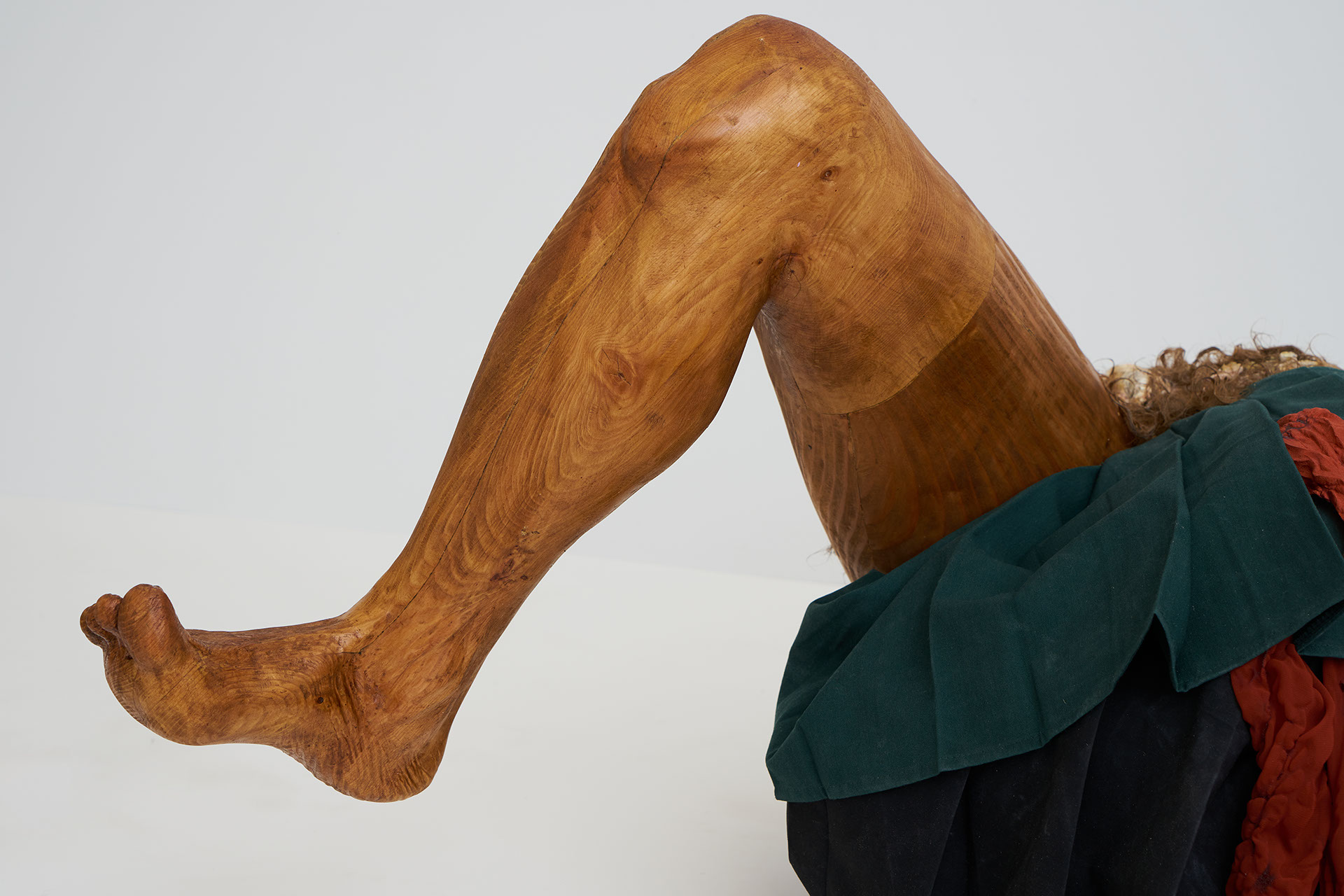
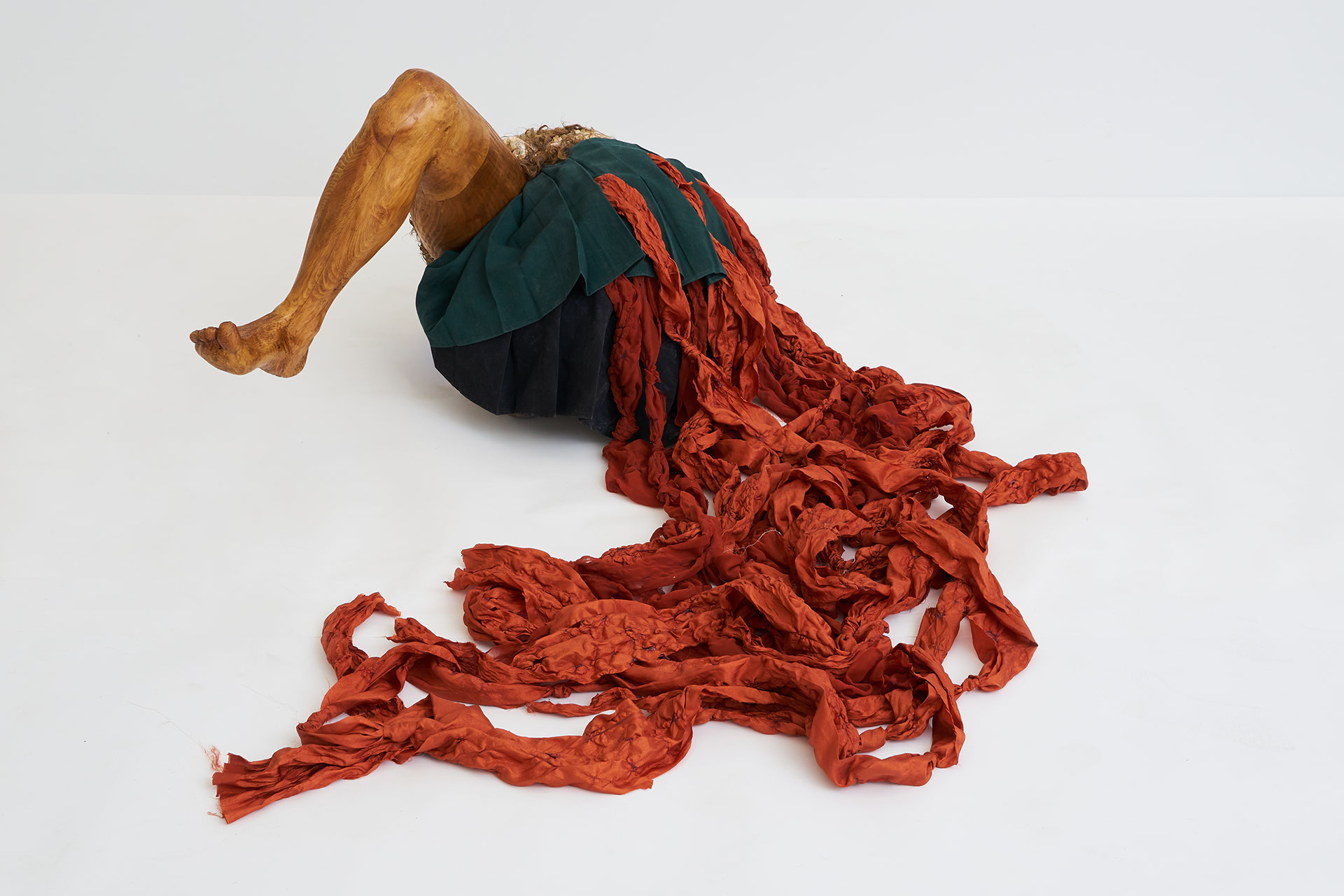
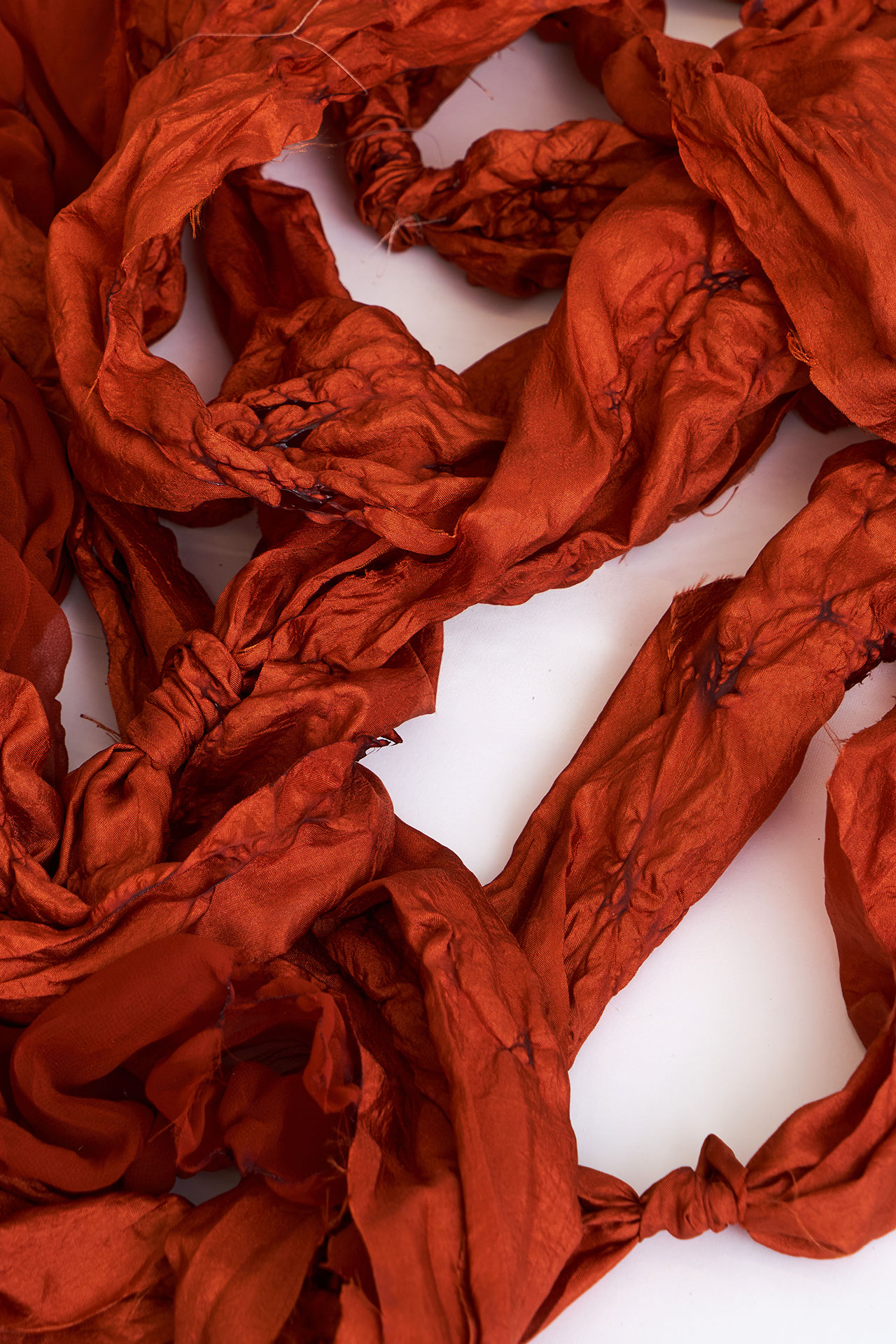
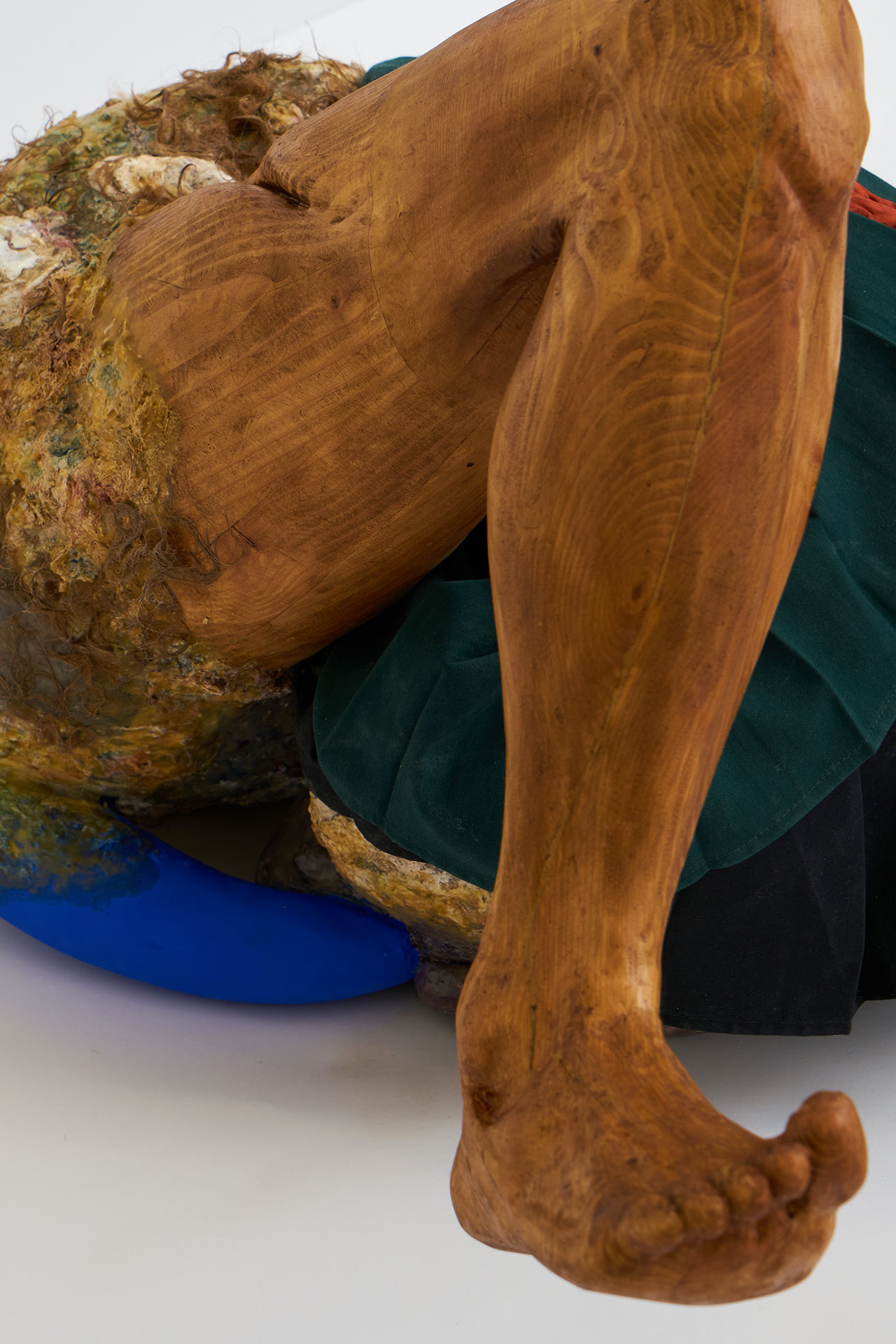
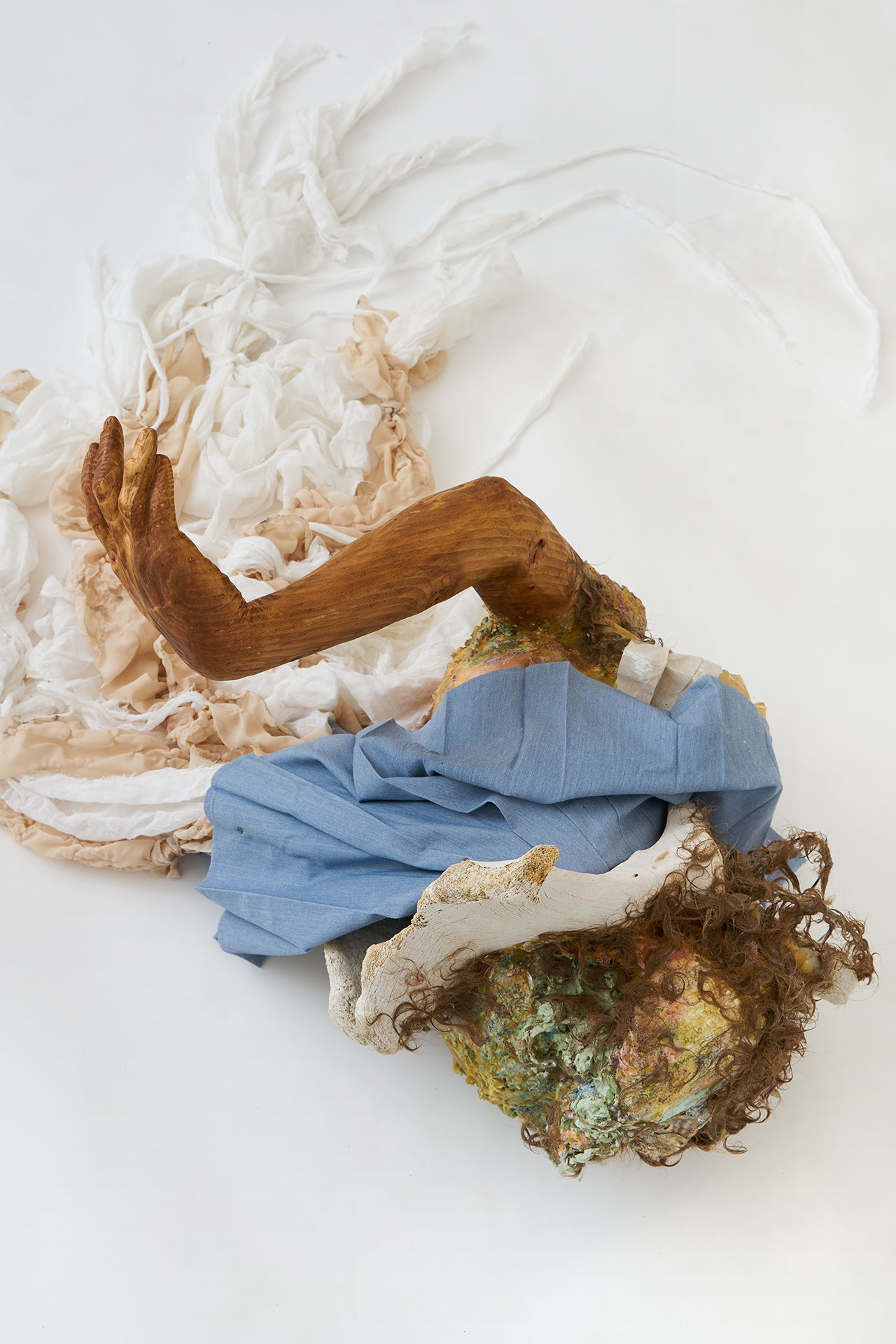
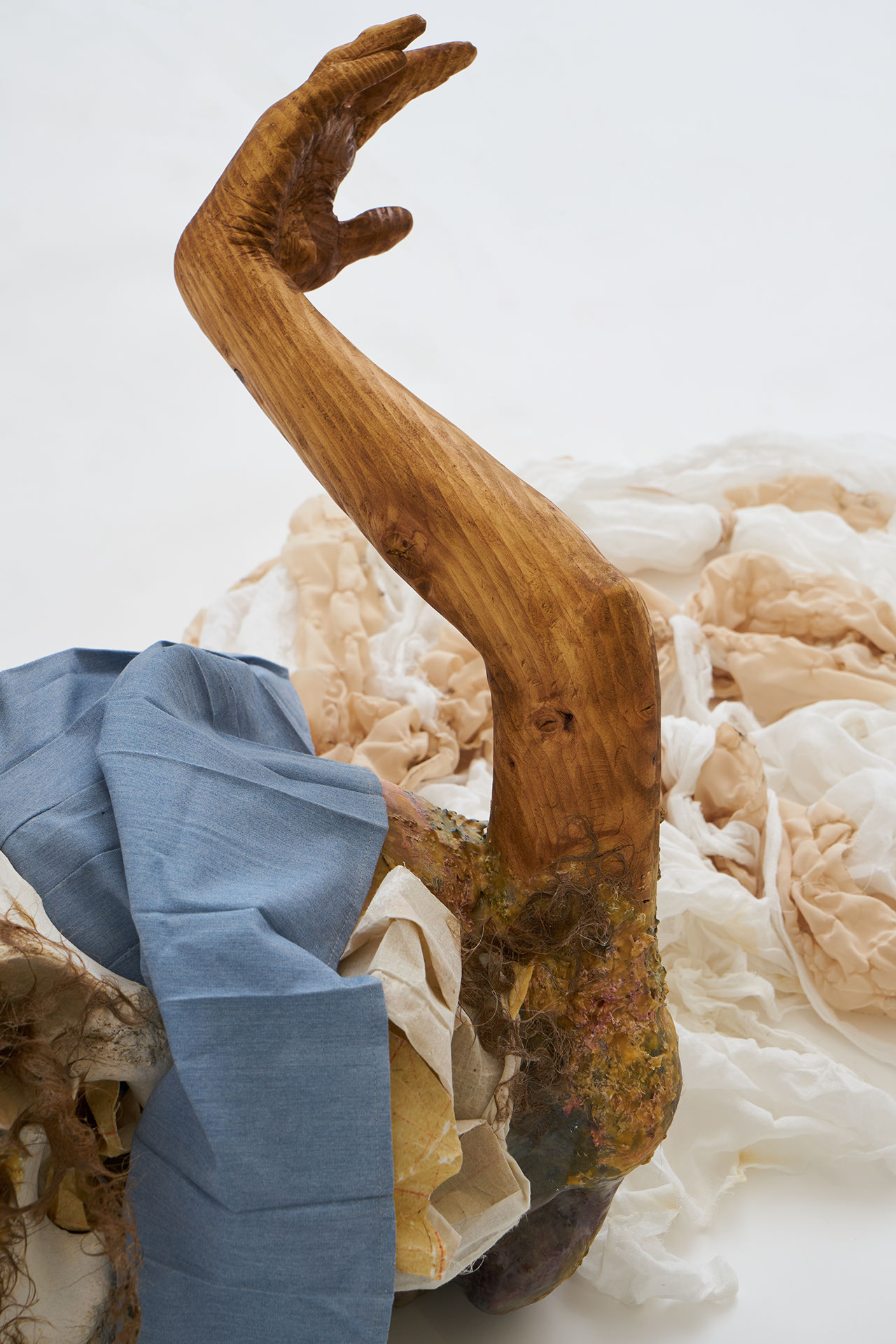
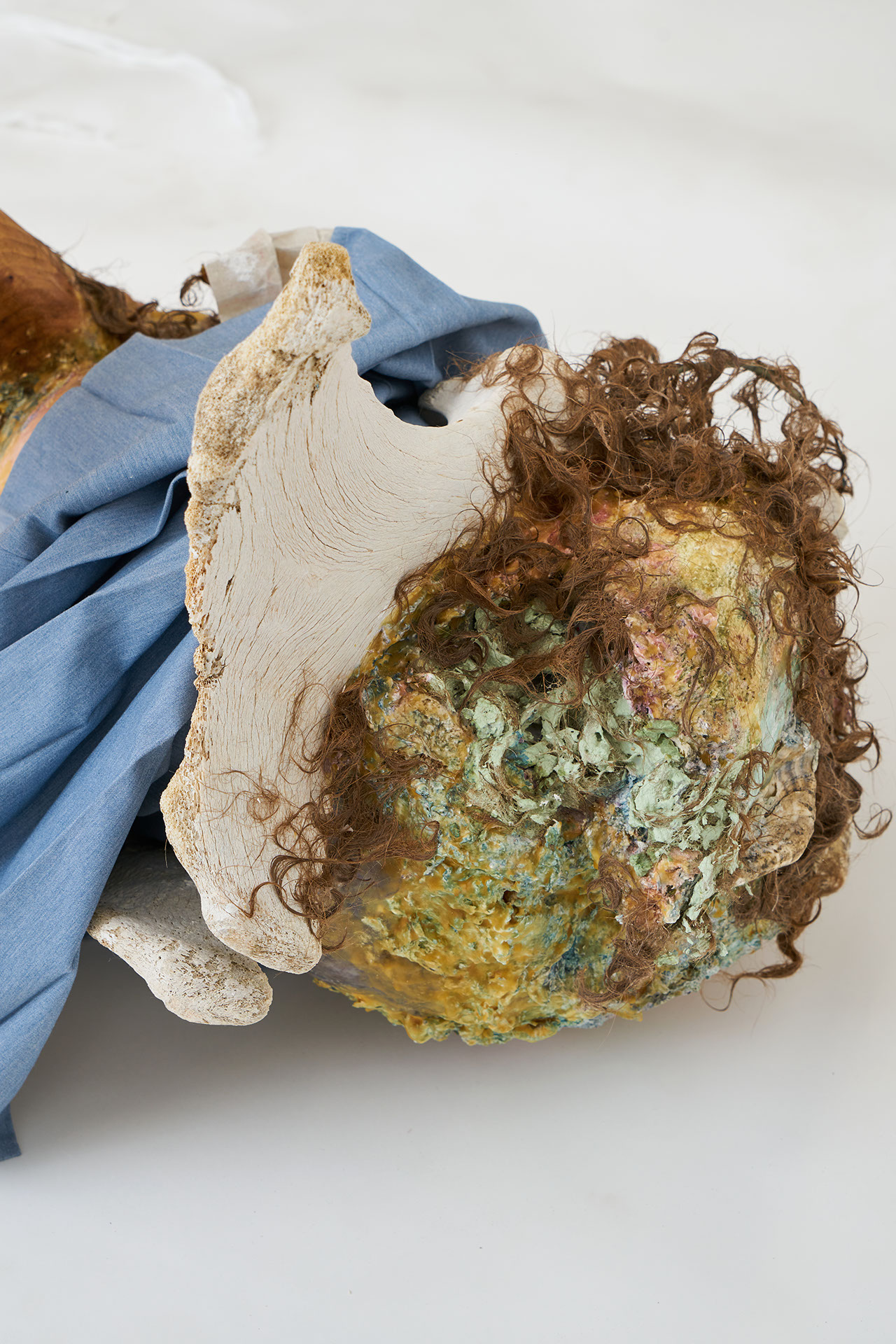
It is not easily taken by such as would do it, but recedes from their hands, nor will yield itself to be taken quietly, until either the urine of a woman, or her menstrual blood, be poured upon it; nay, even then it is certain death to those that touch it, unless any one take and hang the root itself down from his hand, and so carry it away. It may also be taken another way, without danger, which is this: they dig a trench quite round about it, till the hidden part of the root be very small, they then tie a dog to it, and when the dog tries hard to follow him that tied him, this root is easily plucked up, but the dog dies immediately, as if it were instead of the man that would take the plant away.
Is it possible that the relationship between humanity and evil is similar to the relationship between the ocean and an iceberg floating on its surface? Water, frigid, trickles from the skies, down the mountains into the salt of the earth: its various states not unlike our addictions, not unlike our identities, vast yet samely constituted.
You say it is angry.
I say it is like a kicked Madonna.
Its womb collapses, drunk with its fever.
We breathe in its fury.
Mother (4:35 PM): [grandma] is the
best [ ] . Never had
accident . Alway be gentle. She said
she needs to save the organ for them.
There are some doctors damages it
after [ ] . So the women couldn’t
have child any more
The soul is what has folds and is full of folds. The problem is not how to finish a fold, but how to continue it, to have it go through the ceiling, how to bring it to infinity. You are in a room with your someone—perhaps inside the womb of
someone—and you are so close that you trespass one another. Flesh folding into flesh, crevices savagely replicating. No details. In the face of erotic annihilation, the intensity of copresence renders your chamber preverbal, nonverbal; all ordering tools for structuring narrative are leveled. You are both trying to create knowledge, elucidate meaning, from the preemptive wound of a love that proclaims, “Everything will be okay. I’m right here. You’re okay.” Eternal lies fed to the dying.
“Don’t tell anyone you had an aunt. Your father does not want to hear her name. She has never been born.”
Mother (4:35 PM): unmarried
women couldn’t have abortion. So it
is all under table
The task of perception entails pulverizing the world, but also one of spiritualizing its dust. It had to do with knowing the thing I never asked to know. Being entreated, now, to propose a livid solution to a problem born horrifically teenaged. The issue was not the other lovers but the indignity of cosmic fungibility. Of simultaneity’s pitfall, of how God had not in fact chosen this particular universe as the best and most beautiful one, not for me anyway. What haunted the nocturnal etchings of the hands that have me idiotically trapped with the vengeful force of a wronged Venus?—not my eyes! The issue is power. The ordained beneficiary of God’s kiss.
Some man had commanded her to lie with him and be his secret evil.
Perhaps she had encountered him in the fields or on the mountain where the daughters-in-law collected fuel. Or perhaps he first noticed her in the marketplace.
Perhaps: what cannot be otherwise. Perhaps: what is indispensable. Consider the base, stripped needs of hunger, defecation. Sunlight. Air. Room to stand. And the embarrassment of ache for something as trifling, incomparable, irremediable, as the crumbling touch of eros. The pastel silhouette of a body you wish would stay, as it evaporates from your life and a secret enters instead.
Ms. Dog,
why is you evil?
It climbed into me.
It didn’t mean to.
Maybe my mother cut the God out of me
when I was two in my playpen.
Mother (5:02 PM): I don’t know.
The total energy of a system, however chaotic, remains constant. If chaos does not exist, it is because it is merely the bottom side of the great screen….
The spellbinding architecture of the forearm; understated grace of the radius. [The] vertigo and giddiness of minute and dark perceptions…where Sextus will rape and not rape Lucretia, where Caesar crosses and does not cross the Rubicon, where Fang kills, is killed, and neither kills nor is killed. ‘Pig.’ ‘Ghost.’ ‘Pig,’ they sobbed and scolded while they ruined our house. In the face of madness, rationality was powerless. And inversely, when we die, we fold infinitely upon ourselves; we return to the state of an animal until the bodily resurrection brings us to a second and final elevation. Is it not the truth, if the truth dies with the person who exits your world?
Mother (5:55 PM): We all knew
But perhaps my aunt, my forerunner, caught in a slow life, let dreams grow and fade and after some months or years went toward what persisted. Fear at the enormities of the forbidden kept her desires delicate, wire and bone. She looked at a man because she liked the way the hair was tucked behind his ears, or she liked the question-mark line of a long torso curving at the shoulder and straight at the hip. For warm eyes or a soft voice or a slow walk–that’s all–a few hairs, a line, a brightness, a sound, a pace, she gave up family.
“My God, what have I done in all these years?”
It’s easy to be led to the abyss.
— Catalina Ouyang, 2022
Texts
- Apulei De medicaminibus herbarum liber I. (tr. George C. Druce)
- Correspondence with Dorothy Carlos and Crystal J. Sasaki
- Gilles Deleuze “The Fold” (tr. Tom Conley)
- Maxine Hong Kingston The Woman Warrior
- Cixin Liu The Three Body Problem
- Anne Sexton “Is It True?” and “In Excelsis”
THREE BETRAYALS, an ongoing interdisciplinary project by New York- based artist Catalina Ouyang.
Catalina Ouyang’s work engages object-making, interdisciplinary environments, and time-based projects to indicate counternarratives around representation and self-definition. Ouyang’s work addresses how a subject orients in physical and sociopolitical space: what histories and discourses are inscribed on the body, how the body exists in contingency with architecture and bureaucratic structures. Through both expansion and fragmentation, Ouyang proposes the body as a politicized landscape subject to partition. Working gnostically with materials, ideas, and stories that over years they build relationships with, Ouyang also attends to critical reimaging of historical formation wherein monstrosity, animality, and toxicity act as ciphers for the psycho-affective alienation of the minor subject.
Recent solo exhibitions include Lyles & King, New York, US; Real Art Ways, Hartford, US; Knockdown Center, Queens, US; and Make Room, Los Angeles, US, with a solo exhibition forthcoming at Night Gallery, Los Angeles, US. Ouyang’s work has been included in group exhibitions at Housing, New York, US; Sculpture Center, Queens, US (curated by Katherine Simóne Reynolds); Nicodim, Los Angeles, US; François Ghebaly, Los Angeles, US (curated by Kelly Akashi); BRIC, Brooklyn, US; Helena Anrather, New York, US; Asia Art Center, Taipei; and more. Previous residencies include the Atlantic Center for the Arts, Smack Mellon, and Shandaken: Storm King. Their work will be included in forthcoming group exhibitions at The Aldrich Contemporary Art Museum and Jeffrey Deitch Gallery. Ouyang received an MFA from Yale University and is based in New York City. They are represented by Lyles & King, New York, and Make Room, Los Angeles.
Performers: Alice Chacon, Quinn Chen, Eloise Deluca, Crystal J. Sasaki
Choreography: Lu Yim and Eloise Deluca
Garments: Brandon Wen
Camera: Marit Liang
Correspondents: Dorothy Carlos and Crystal J. Sasaki
Research: Edwin L. Turner
Footage: Anne Sexton
This project was supported in part by: a Foundation for Contemporary Arts Emergency Grant.